
Deutsch-Chinesische Enzyklopädie, 德汉百科
 Montana-MT
Montana-MT
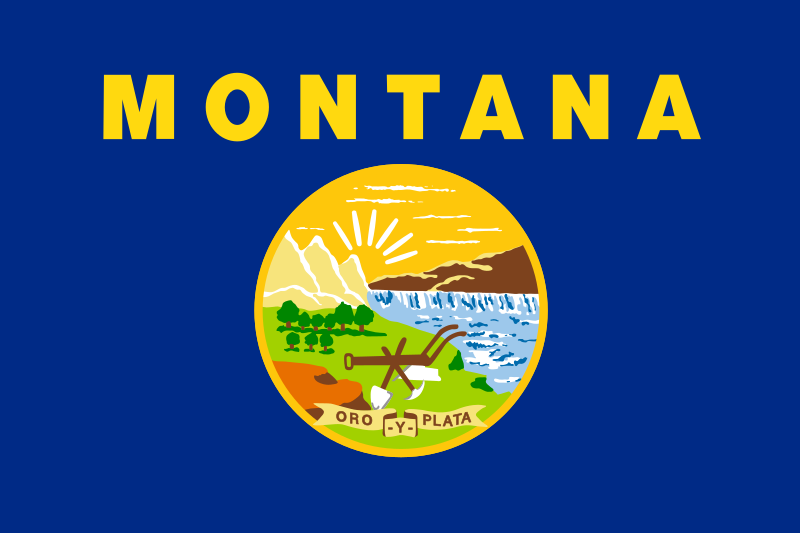
 *Capitols in den Vereinigten Staaten
*Capitols in den Vereinigten Staaten
 *Politisches System der Vereinigten Staaten
*Politisches System der Vereinigten Staaten

 Montana-MT
Montana-MT
 Vereinigte Staaten
Vereinigte Staaten


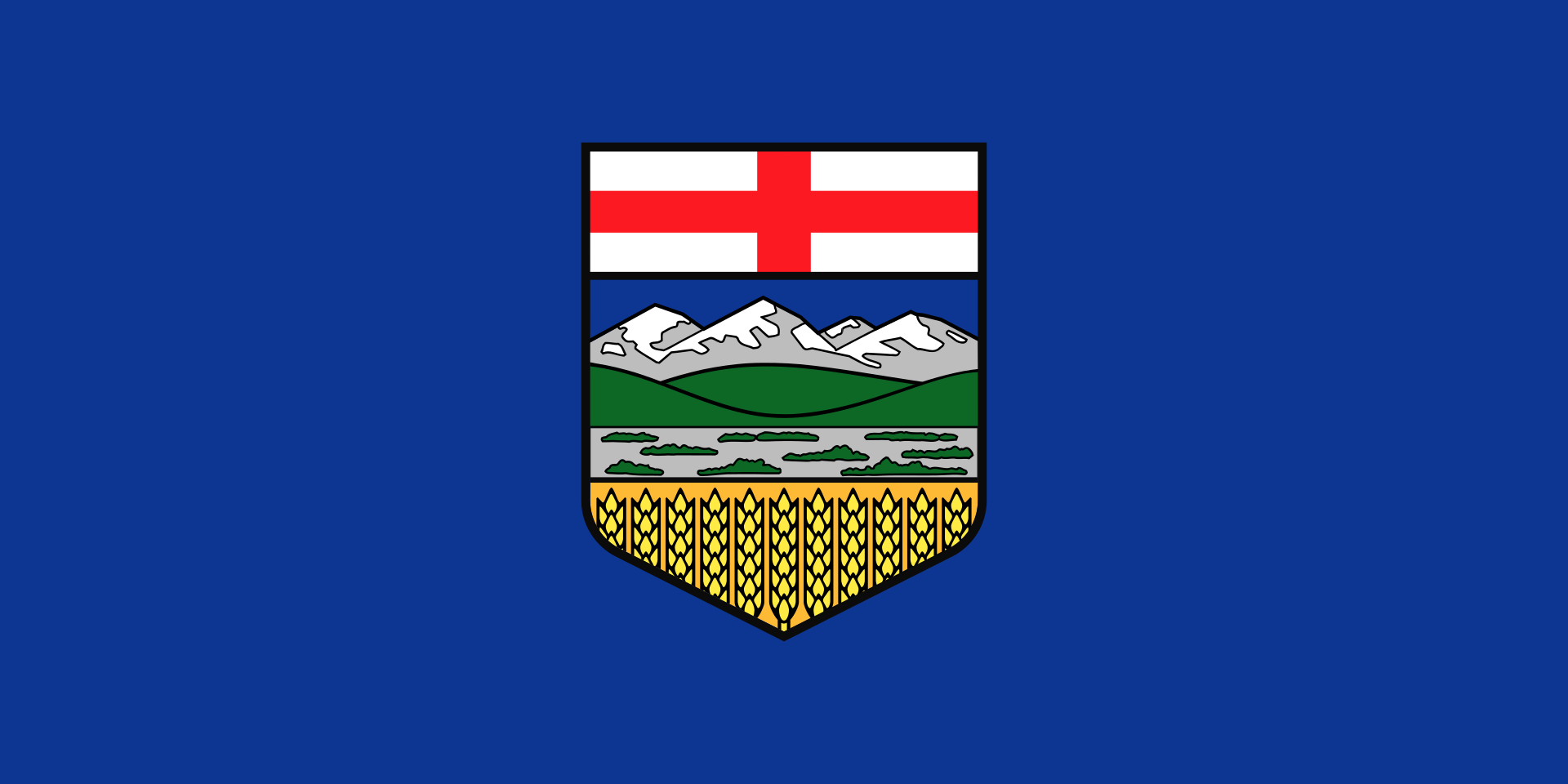 Alberta-AB
Alberta-AB

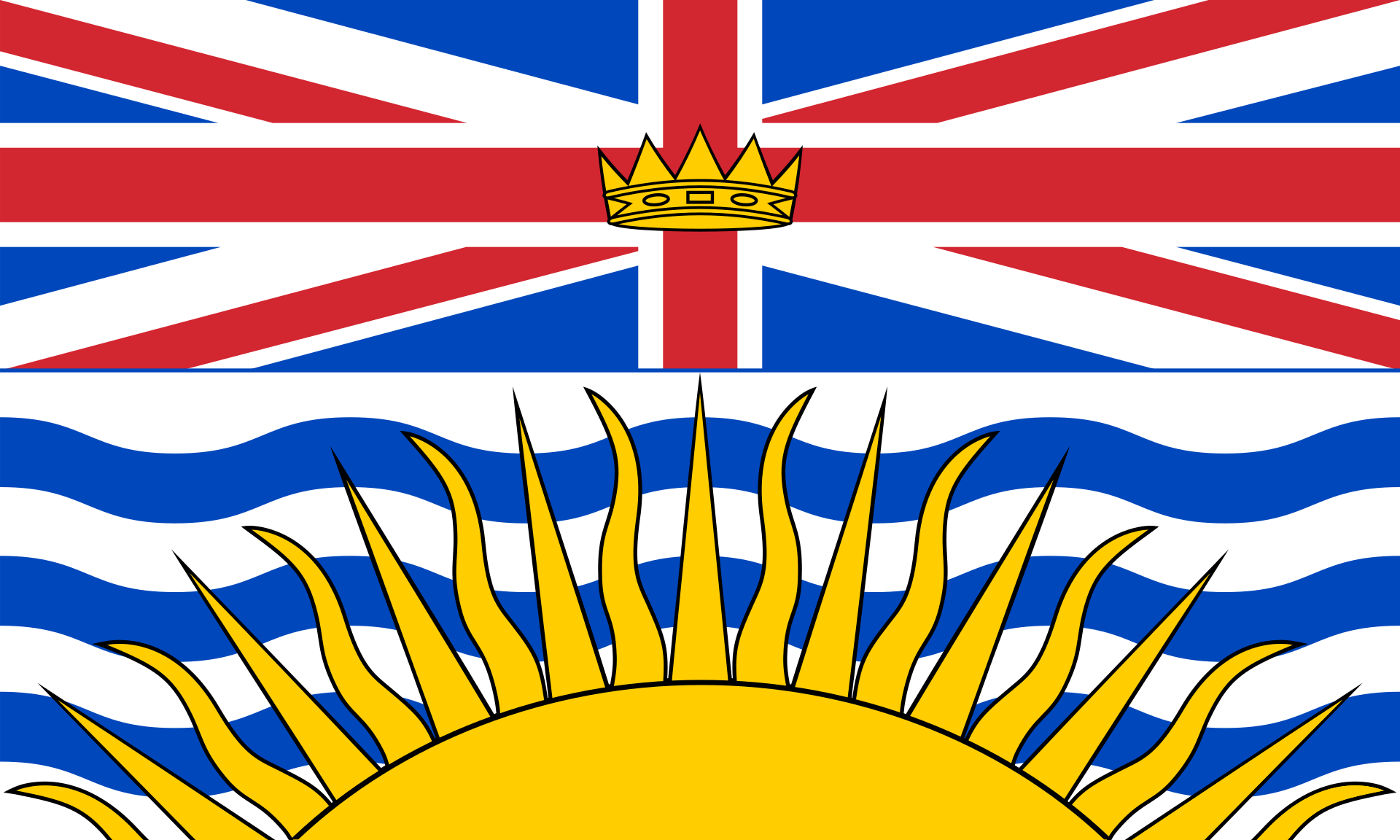 British Columbia-BC
British Columbia-BC

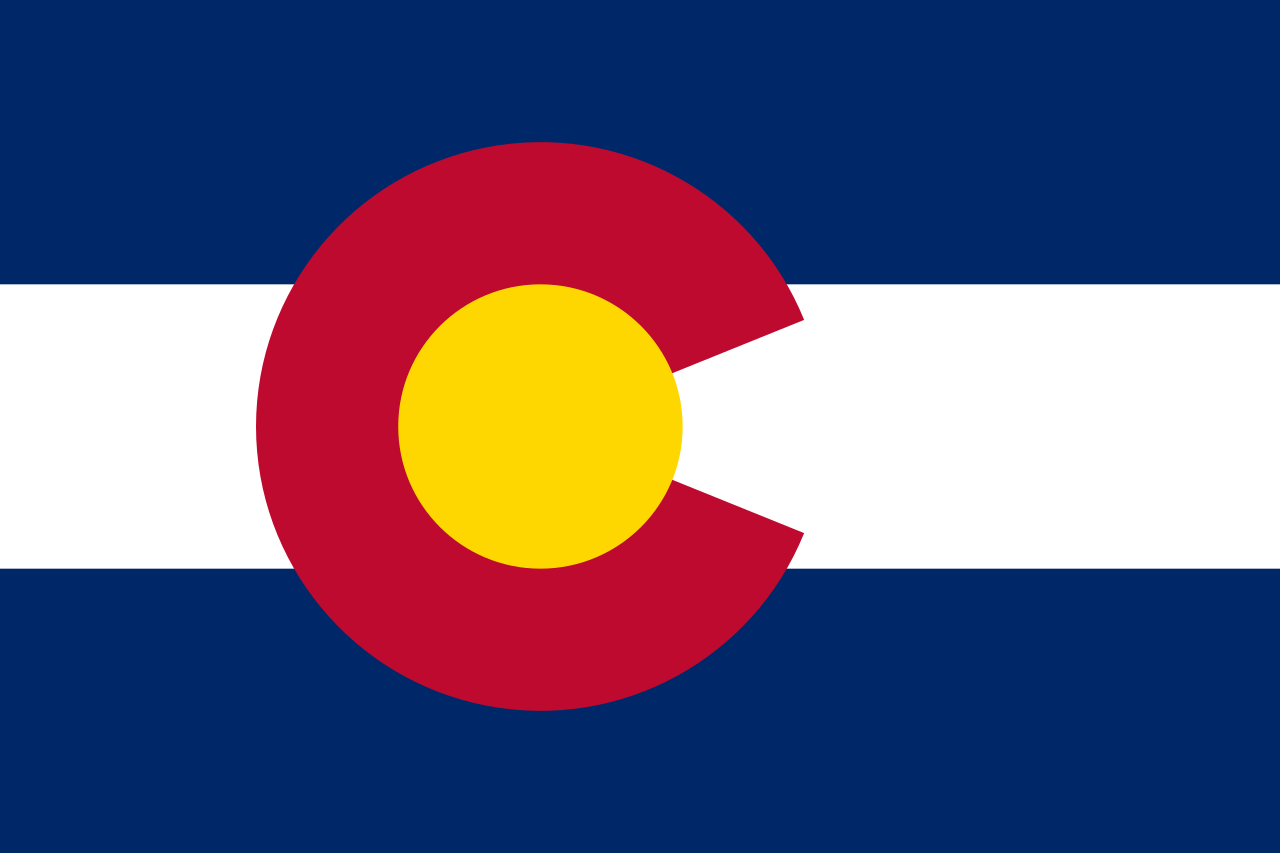 Colorado-CO
Colorado-CO

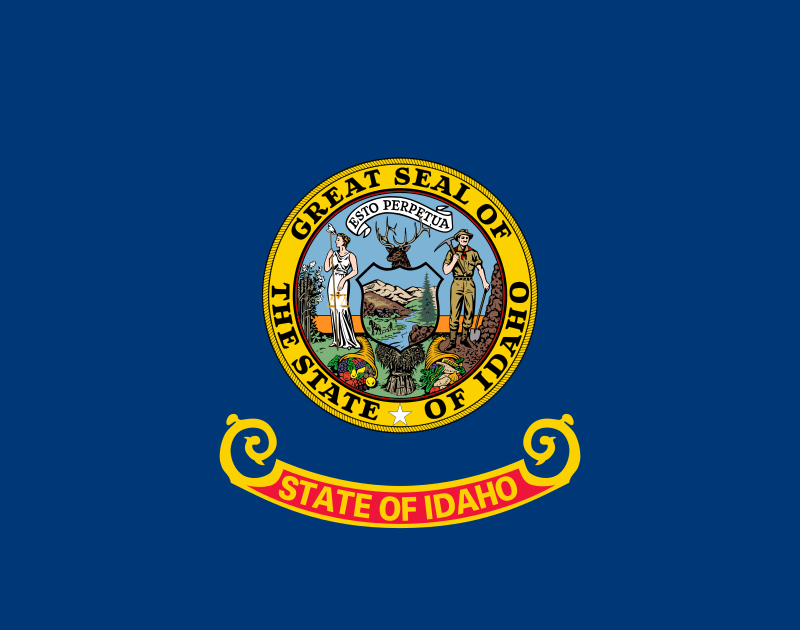 Idaho-ID
Idaho-ID
 Kanada
Kanada

 Montana-MT
Montana-MT

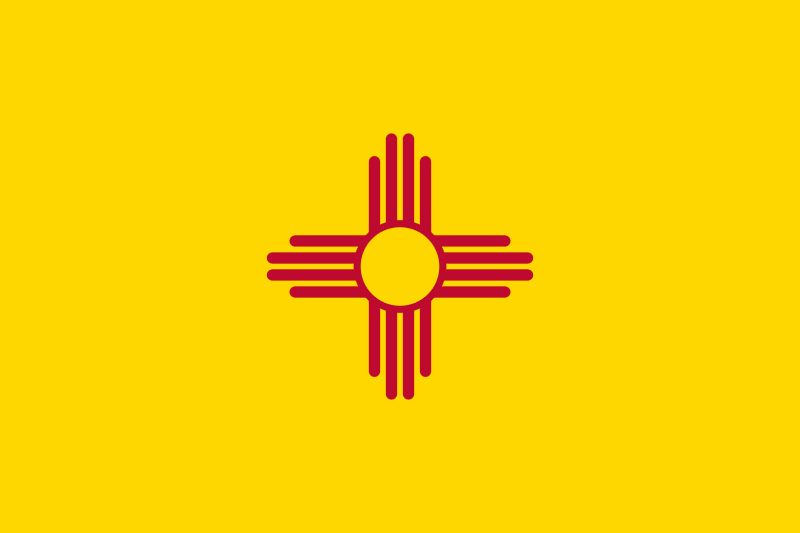 New mexico-NM
New mexico-NM
 Vereinigte Staaten
Vereinigte Staaten

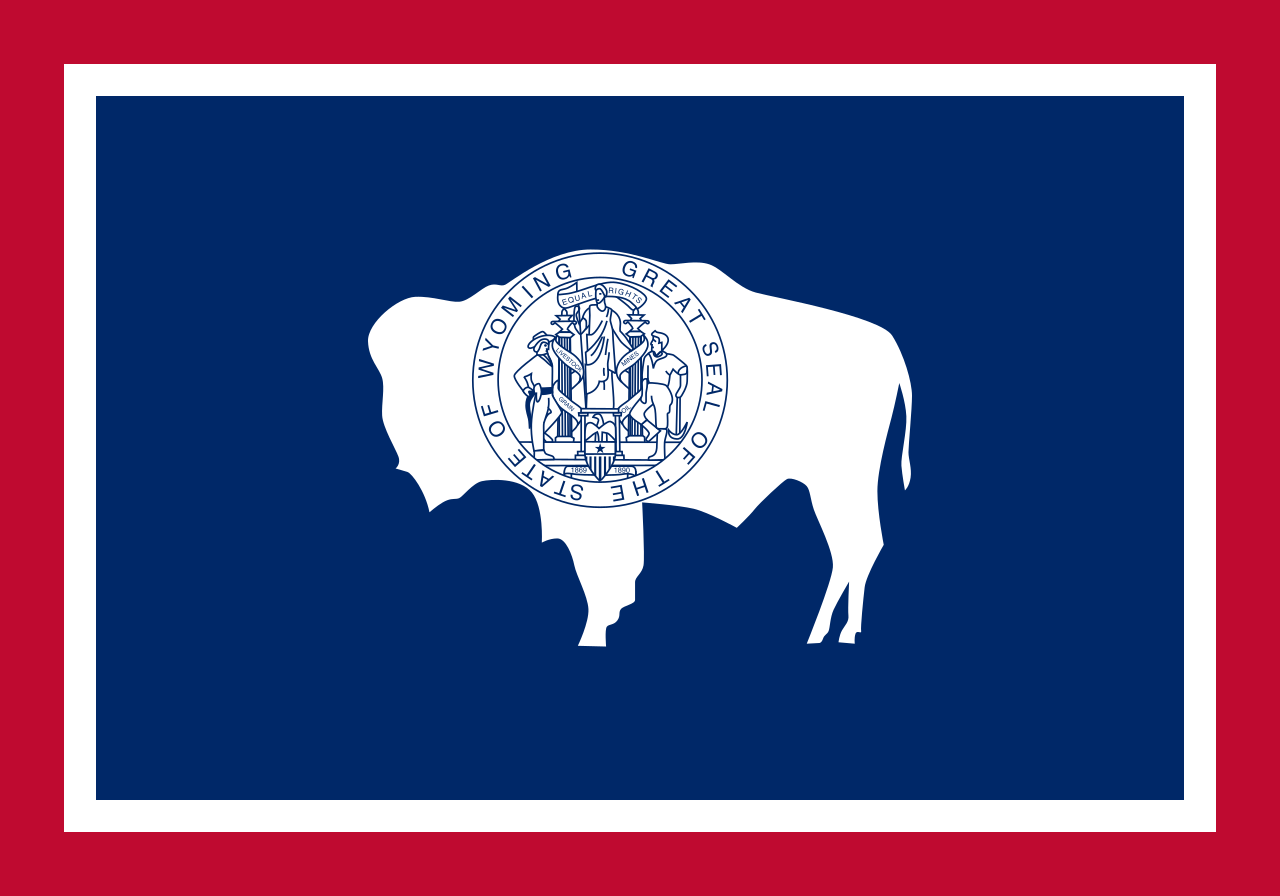 Wyoming-WY
Wyoming-WY
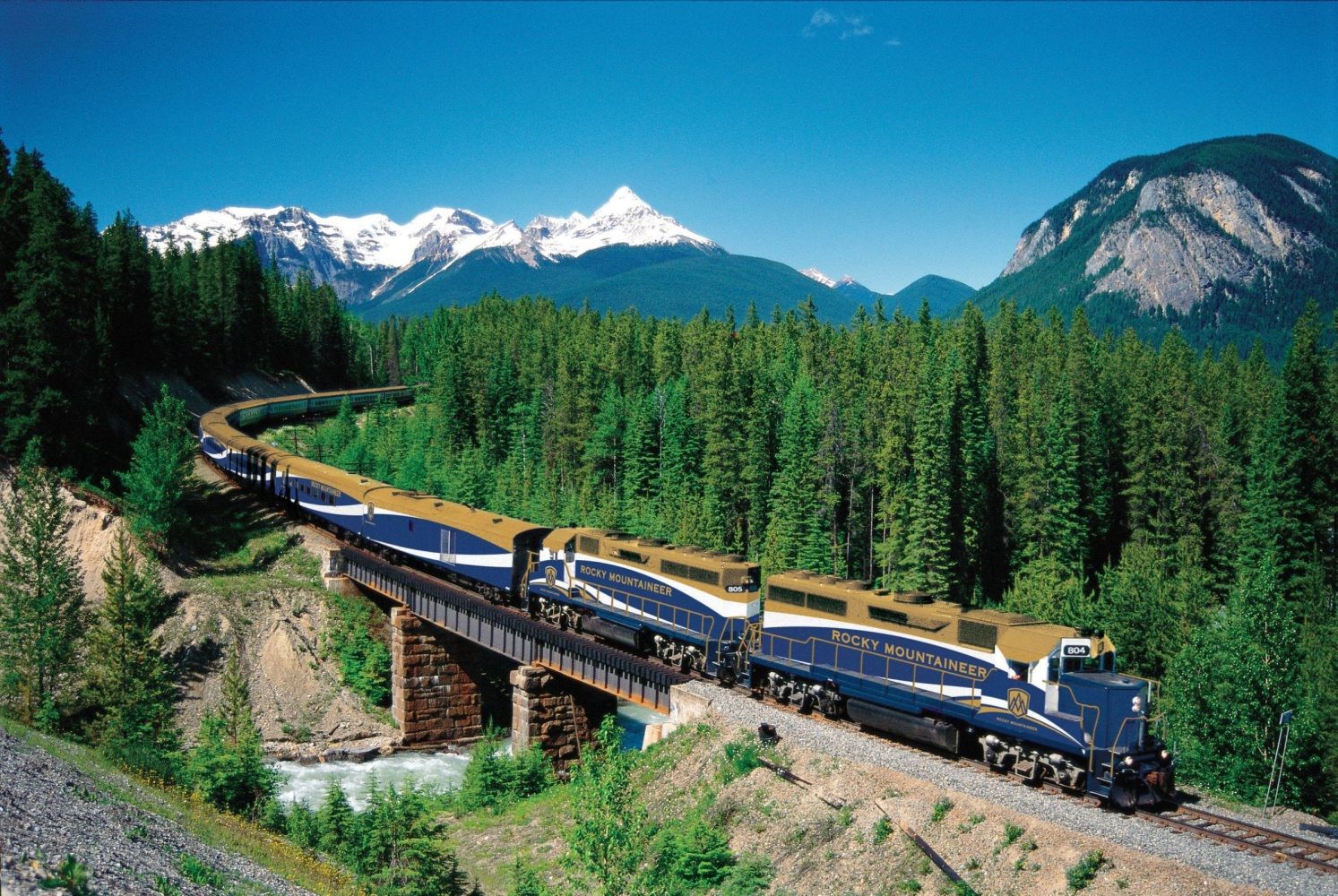
落基山脉(英语:Rocky Mountains),又译作落矶山脉,是美洲西部的主要山脉,从加拿大西部不列颠哥伦比亚横越美国西部,直到美国西南部的新墨西哥州,绵延超过4800公里。和其平行的有太平洋海岸山脉、喀斯喀特山脉及内华达山脉。
此山脉的最高峰是埃尔伯特峰[1],位于科罗拉多州境内,高度有4401米。罗布森山则是加拿大境内的最高峰,高度为3954米。整个落基山脉系统是美国地文区的一大部分。
当时有许多板块在北美洲板块下移动。隐没带的角度很浅,因此造成北美西部广阔的山脉带。进一步的板块构造活动及冰河的侵蚀,使落基山脉出现显著的山峰及峡谷,在第四纪冰河时期结束时,人类开始在落基山脉居住。在欧洲人(例如亚历山大麦肯齐)及美洲人(如刘易斯与克拉克)发现此地区后,开始在此地采矿及打猎制作毛皮,不过落基山脉的人口还是不多。
现在的落基山脉中有很多地方是国家公园保护区及森林地,也是受欢迎的旅游景点,可以进行像露营、远足、爬山、钓鱼、打猎、山地自行车、滑雪及单板滑雪等休闲活动。
Die Rocky Mountains [ˌɹɒkiˈmaʊntənz] (deutsch, aber veraltet auch Felsengebirge, umgangssprachlich auch Rockies genannt) sind ein ausgedehntes Faltengebirge im westlichen Nordamerika. Die Berge erstrecken sich, je nach Definition, über 4500–5000 km von New Mexico durch die kontinentalen Vereinigten Staaten bis nach Kanada und bilden eine der wesentlichen geografischen Provinzen der USA.
Nicht zu den Rocky Mountains zählen die Coast Mountains, die Kaskadenkette und die Sierra Nevada. Der Mount Elbert in Colorado ist mit 4401 m der höchste Berg der Rocky Mountains.
Die Rocky Mountains sind Teil der von Feuerland bis Alaska reichenden Kordilleren. Sie beheimaten bedeutende Nationalparks wie den Yellowstone-Nationalpark und diverse Wintersportzentren. Außerdem sind sie reich an Bodenschätzen. Die Region der in den Rocky Mountains gelegenen US-Bundesstaaten wird Mountain States genannt.
ロッキー山脈(ロッキーさんみゃく、英: Rocky Mountains、Rockies、仏: Montagnes Rocheuses [mɔ̃ntaɲ ʁɔʃøz]、Rocheuses)は、北アメリカ大陸西部を北西から南東に走る山脈である。ロッキー山脈は北へ行くほど険しい岩山となり、広大な針葉樹の森にはエメラルド色の湖が数多く存在する。
一口に「ロッキー山脈」と言っても実際は複数の山地を連ねた山系で、北は北緯60度に近いカナダ・ブリティッシュコロンビア州最北部から、南は東京23区とほぼ同緯度に位置するアメリカ合衆国ニューメキシコ州の州都サンタフェの近くまで、その長さは4,800kmを超える。
地質学的には、この山脈は褶曲運動により形成された褶曲山脈である。同山脈はアンデス山脈や日本列島などと共に環太平洋火山帯に属している。
山脈の最高峰はアメリカ合衆国コロラド州のエルバート山(4,401m)である。「カナディアン・ロッキー」(Canadian Rockies、Rocheuses canadiennes)と呼ばれるカナダ領内では、ブリティッシュコロンビア州とアルバータ州の州境にそびえるロブソン山(3,954m)が最も高い。
全域にわたって植生や生態系が豊かで、手つかずの自然が残されている地帯も多く、国立公園や世界遺産に登録されている自然遺産も多い。 世界遺産に登録されているのは、バンフ、ジャスパー、クートニィ、ヨーホーの4つの国立公園と、ハンバー、マウント・ロブソン、マウント・アシニボインの3つの州立公園を含めた7つの自然公園である。
The Rocky Mountains, also known as the Rockies, are a major mountain range in western North America. The Rocky Mountains stretch 3,000 mi (4,800 km)[1] in straight-line distance from the northernmost part of British Columbia, in western Canada, to New Mexico in the Southwestern United States. The northern terminus is located in the Liard River area east of the Pacific Coast Ranges, while the southernmost point is near the Albuquerque area adjacent the Rio Grande Basin and north of the Sandia–Manzano Mountain Range. Located within the North American Cordillera, the Rockies are distinct from the Cascade Range and the Sierra Nevada, which all lie farther to the west.
The Rocky Mountains formed 80 million to 55 million years ago during the Laramide orogeny, in which a number of plates began sliding underneath the North American plate. The angle of subduction was shallow, resulting in a broad belt of mountains running down western North America. Since then, further tectonic activity and erosion by glaciers have sculpted the Rockies into dramatic peaks and valleys. At the end of the last ice age, humans began inhabiting the mountain range. After Europeans, such as Sir Alexander Mackenzie, and Americans, such as the Lewis and Clark expedition, began exploring the range, minerals and furs drove the initial economic exploitation of the mountains, although the range itself never experienced a dense population.
Of the 100 highest peaks in the Rocky Mountains, 78 (including the 30 highest) are located in Colorado, ten in Wyoming, six in New Mexico, three in Montana, and one in Utah. Public parks and forest lands protect much of the mountain range, and they are popular tourist destinations, especially for hiking, camping, mountaineering, fishing, hunting, mountain biking, skiing, and snowboarding.
Les montagnes Rocheuses, ou simplement les Rocheuses, en anglais Rocky Mountains ou Rockies, sont une grande chaîne de montagnes dans l'Ouest de l'Amérique du Nord, sur les territoires des États-Unis et du Canada.
Elles ont représenté un obstacle pour les immigrants américains et canadiens blancs dans l'extension de leur emprise sur le territoire nord-américain à l'occasion de la conquête de l'Ouest.
Le Montagne Rocciose (in inglese Rocky Mountains, spesso denominate semplicemente Rockies) sono una delle più vaste catene montuose della Terra, localizzata nella parte occidentale del Nord America, tra Stati Uniti d'America e Canada.
Si snodano su una lunghezza che supera i 4.800 km, dal nord della Columbia Britannica, in Canada, al Nuovo Messico, negli Stati Uniti. La vetta più alta della catena è il Monte Elbert in Colorado che tocca i 4.401 m sul livello del mare. Anche se fanno parte della Cordigliera del Pacifico del Nord America, le Montagne Rocciose sono distinte invece dalla Catena Costiera del Pacifico che corre immediatamente adiacente sopra la costa dell'Oceano Pacifico.
Il bordo orientale delle Montagne Rocciose s'innalza sopra le Grandi Pianure del Nord America, e su questo versante come sottocatene troviamo il Front Range che va dal nord del Nuovo Messico al nord del Colorado, il Wind River Range e i Monti Big Horn del Wyoming, i Monti Crazy e il Rocky Mountain Front nel Montana, e i Monti Clark in Alberta, insieme ad una serie di catene in Canada chiamate Continental Range. Il Monte Robson nella Columbia Britannica, con i suoi 3954 metri sul livello del mare, è la vetta più elevata delle Montagne Rocciose Canadesi.
Il bordo occidentale delle Montagne Rocciose, come ad esempio i Monti Wasatch a Est di Salt Lake City nello Utah divide il Gran Bacino da altre catene montuose più occidentali. Non si estendono nelle regioni nord-occidentali della Columbia Britannica e pertanto non raggiungono il territorio canadese dello Yukon e l'Alaska. Sono comunemente comprese nell'ampia regione che va dal fiume Liard in Columbia Britannica a nord, fino al Rio Grande nel Nuovo Messico a sud.Una lunga serie di altre catene montuose continuano al di là di questi due fiumi, tra cui i Monti Selwyn nello Yukon, i Monti Mackenzie al confine con i Territori del Nord-Ovest, la Catena dei Monti Brooks nel nord dell'Alaska e la Sierra Madre in Messico, ma non fanno parte delle Montagne Rocciose, anche se sono parte della più ampia Cordigliera americana. Nella definizione statunitense di Montagne Rocciose, tuttavia, vengono incluse anche i monti Cabinet e Salish in Idaho e Montana, mentre le loro controparti a nord del fiume Kootenai, i Monti Columbia che si snodano nelle regioni centro meridionali della Columbia Britannica, sono considerati un sistema separato in Canada.
Las Montañas Rocosas o Rocallosas (Rocky Mountains o Rockies en inglés) es un sistema de cordilleras montañosas situado en el sector occidental de Norteamérica y que corre paralelo a la costa occidental, desde Columbia Británica en el noroeste, pasando por la frontera entre Alberta y Columbia Británica y llegando hasta el suroeste de Estados Unidos, en Nuevo México. El pico más alto es el monte Elbert en Colorado, con 4401 m s. n. m..
Las Montañas Rocosas se formaron durante la orogénesis cenozoica y están constituidas por un núcleo central de rocas cristalinas rodeado de formaciones laterales de rocas sedimentarias; el sistema ha sido marcado profundamente por la glaciación cuaternaria y la erosión atmosférica, y presenta ejemplos de fenómenos volcánicos. Tienen importantes reservas de minerales, como oro, plata, plomo, cinc, cobre y en las regiones marginales petróleo y carbón.
En sus zonas altas se extienden prados de alta montaña; en los valles se dan cultivos agrícolas cereales y patatas; y la ganadería ovina en las regiones septentrionales del sector estadounidense. Atravesadas por muchos ferrocarriles y autopistas que dan valor a sus bellezas naturales (tuteladas por muchos parques nacionales), las Montañas Rocosas constituyen también un notable elemento de atracción turística con muchas localidades de vacaciones y de deportes de invierno.
Скали́стые го́ры (англ. Rocky Mountains) — основной горный хребет в системе Кордильер Северной Америки, на западе США и Канады, между 60 и 32° с. ш.
Скалистые горы тянутся на 4830 километров с севера на юг от самой северной точки в провинции Британская Колумбия (Канада) до штата Нью-Мексико на юго-западе США. Ширина гор достигает 700 километров. Скалистые горы являются естественным водоразделом между бассейнами Тихого и Атлантического океанов. В Скалистых горах берут начало реки Миссури, Колорадо, Рио-Гранде, Снейк, Арканзас и множество других. Скалистые горы образовались от 80 до 55 миллионов лет назад в эру ларамийского орогенеза. С тех пор под воздействием воды и ледников в горной гряде сформировались эффектные долины и пики. В конце последнего ледникового периода люди начали заселять территорию Скалистых гор. После нескольких экспедиций, таких как путешествие Александра Маккензи или экспедиции Льюиса и Кларка, Скалистые горы начали осваиваться; минералы и меха дали начало первоначальному экономическому освоению гор, несмотря на то, что Скалистые горы оставались малонаселённым районом. В настоящее время большая часть территории Скалистых гор защищена национальными парками и лесными угодьями. Скалистые горы — популярное место для туристов, особенно для пешеходного туризма, альпинизма, рыбалки, охоты, лыжного спорта, сноуборда и других.

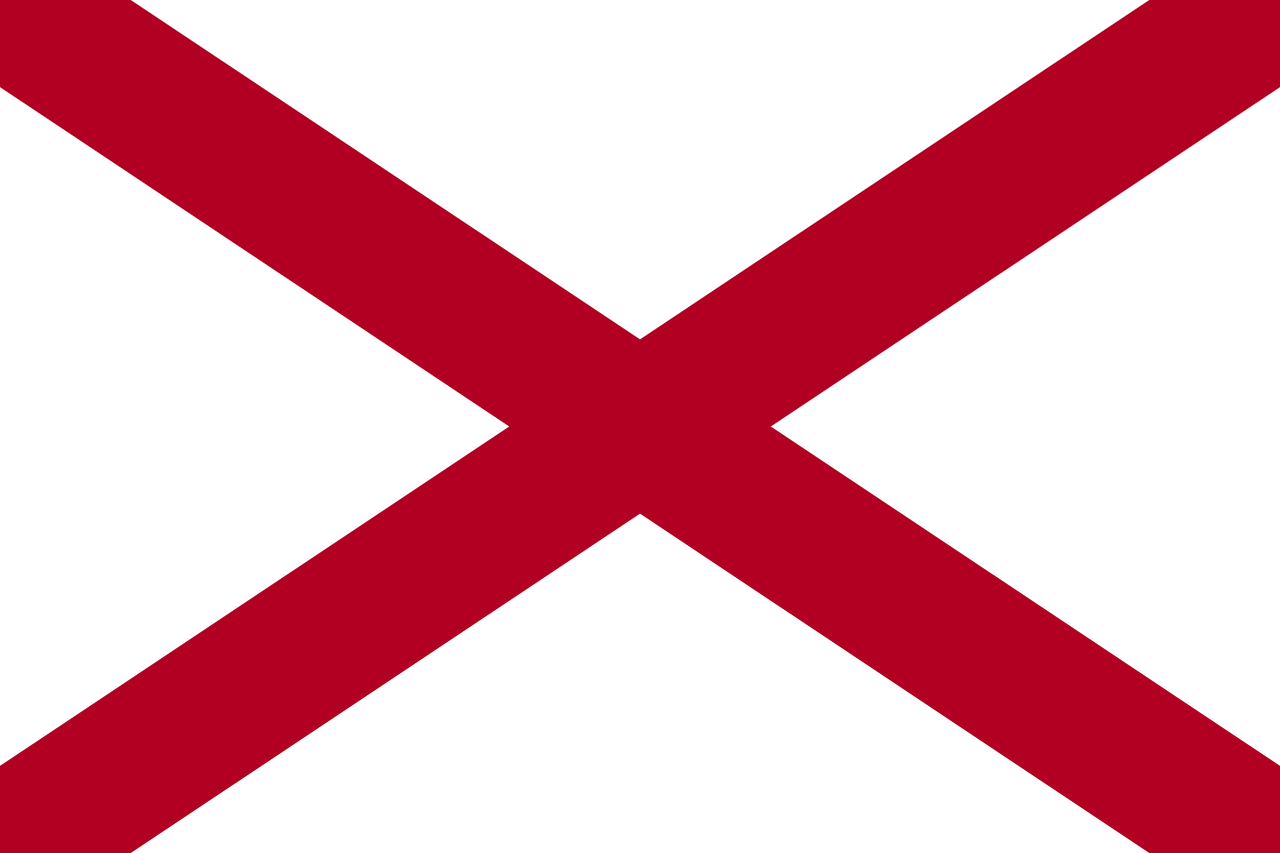 Alabama-AL
Alabama-AL

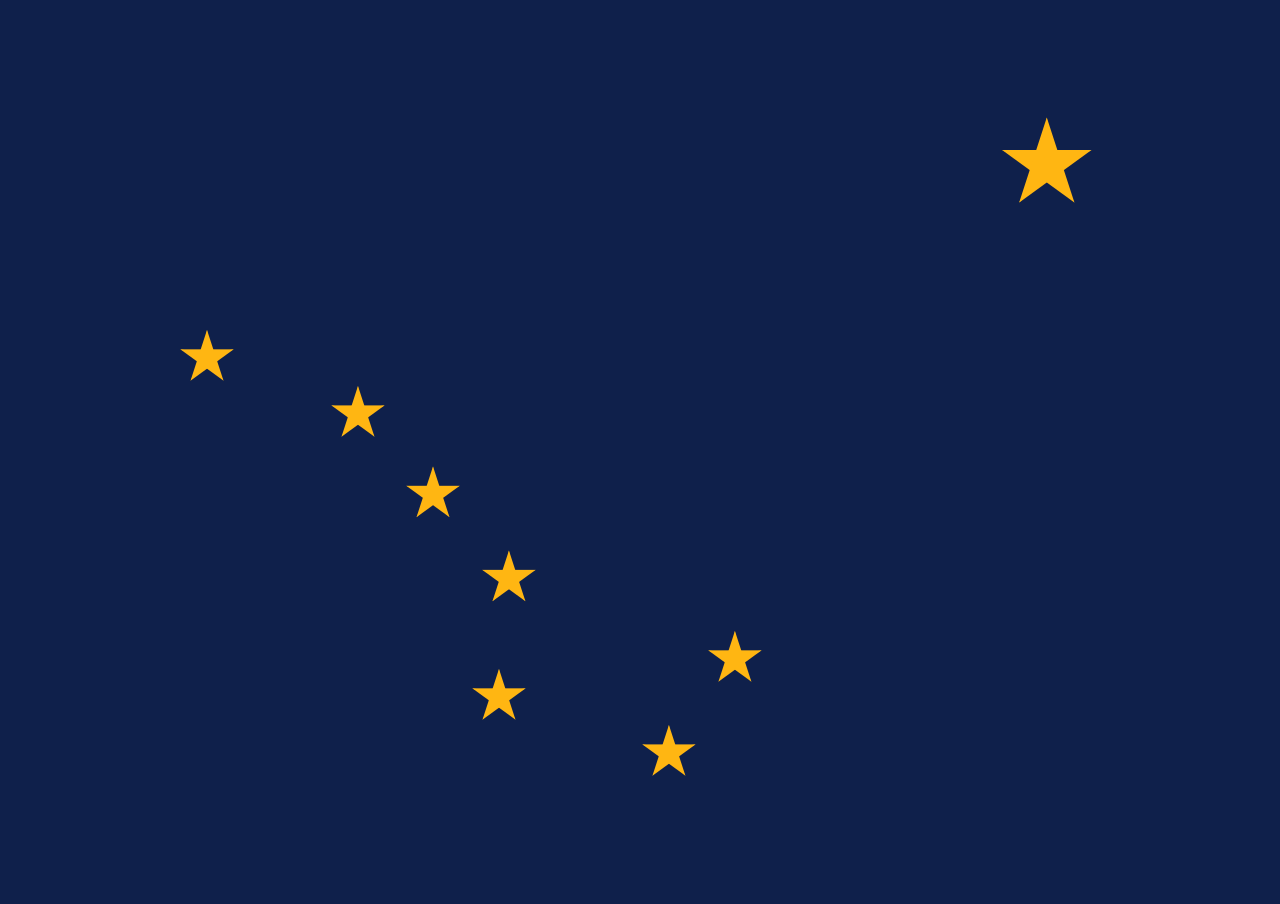 Alaska-AK
Alaska-AK

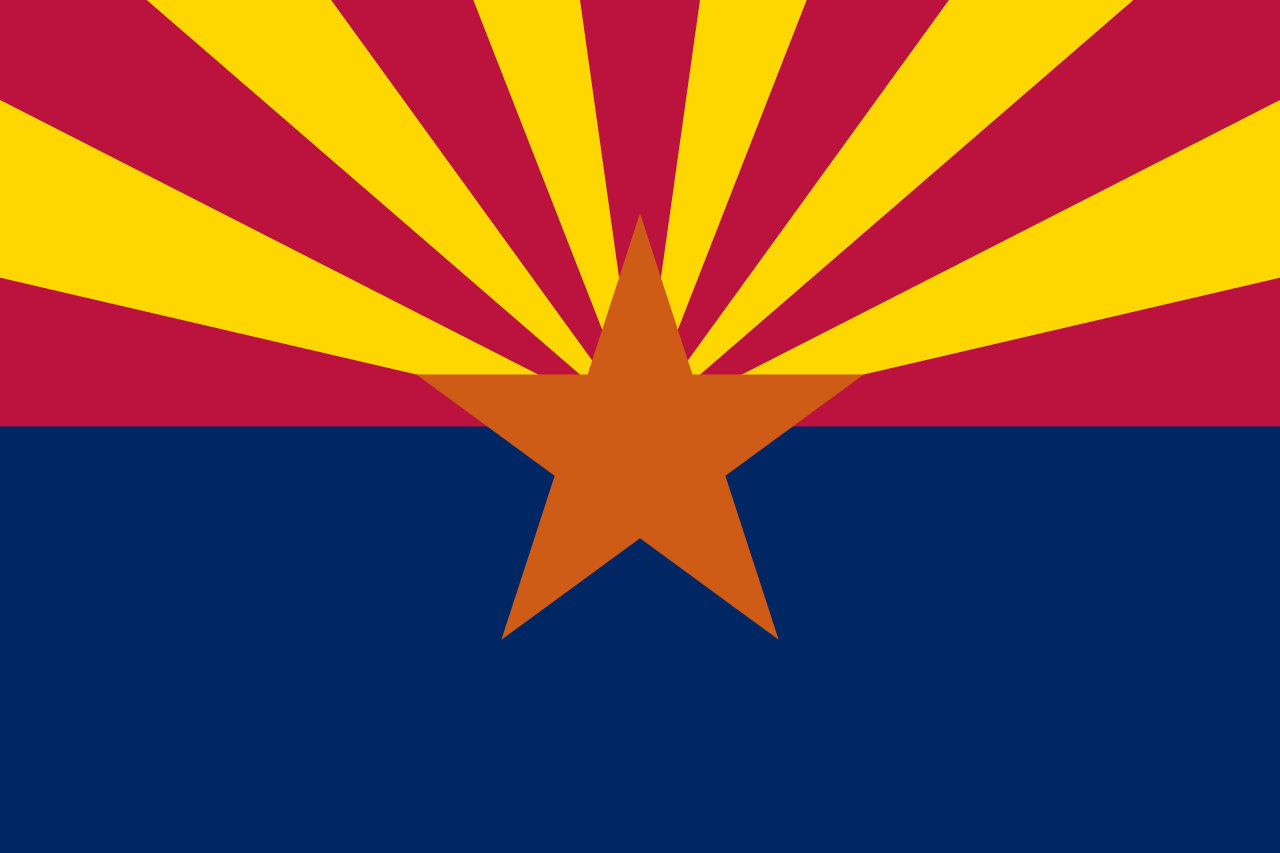 Arizona-AZ
Arizona-AZ

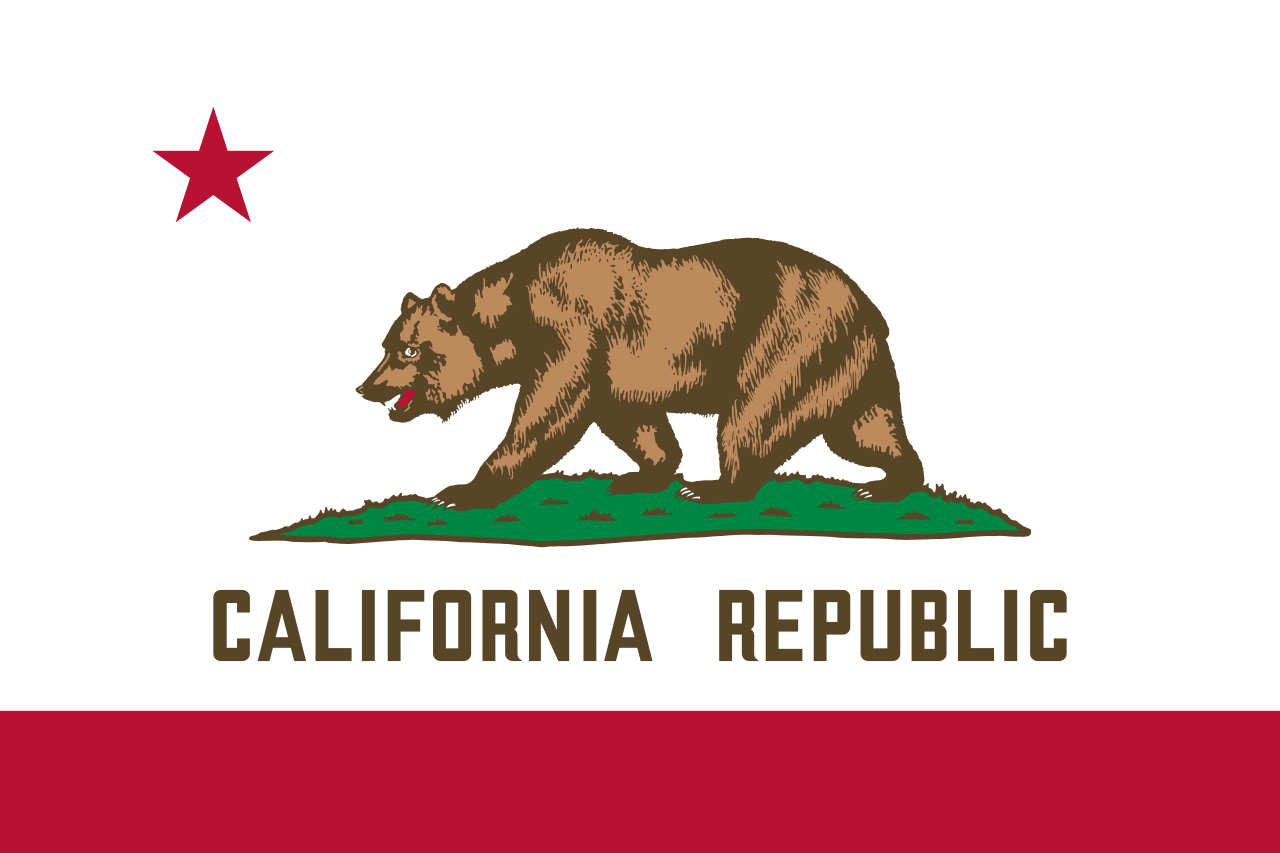 California-CA
California-CA

 Colorado-CO
Colorado-CO

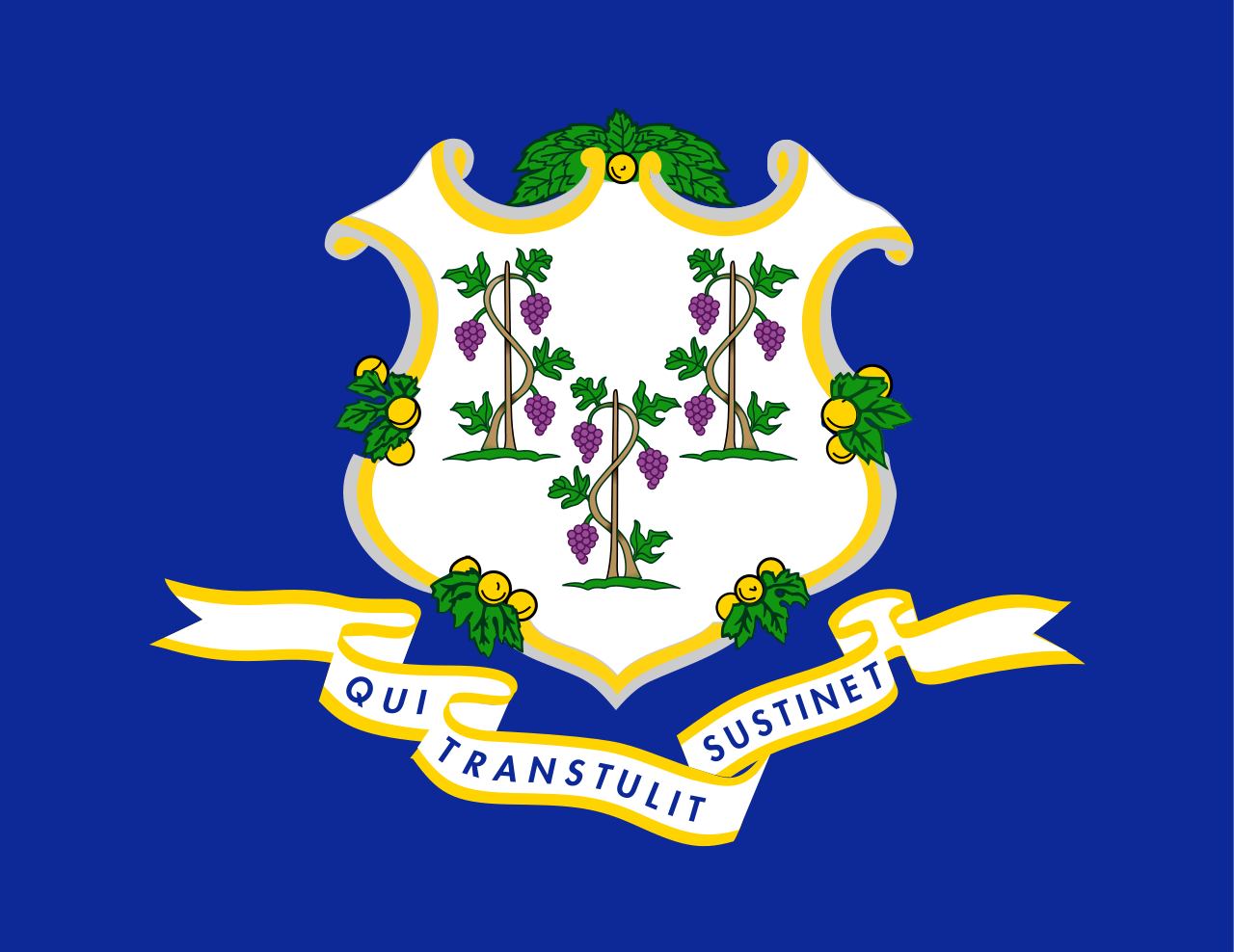 Connecticut-CT
Connecticut-CT

 Idaho-ID
Idaho-ID

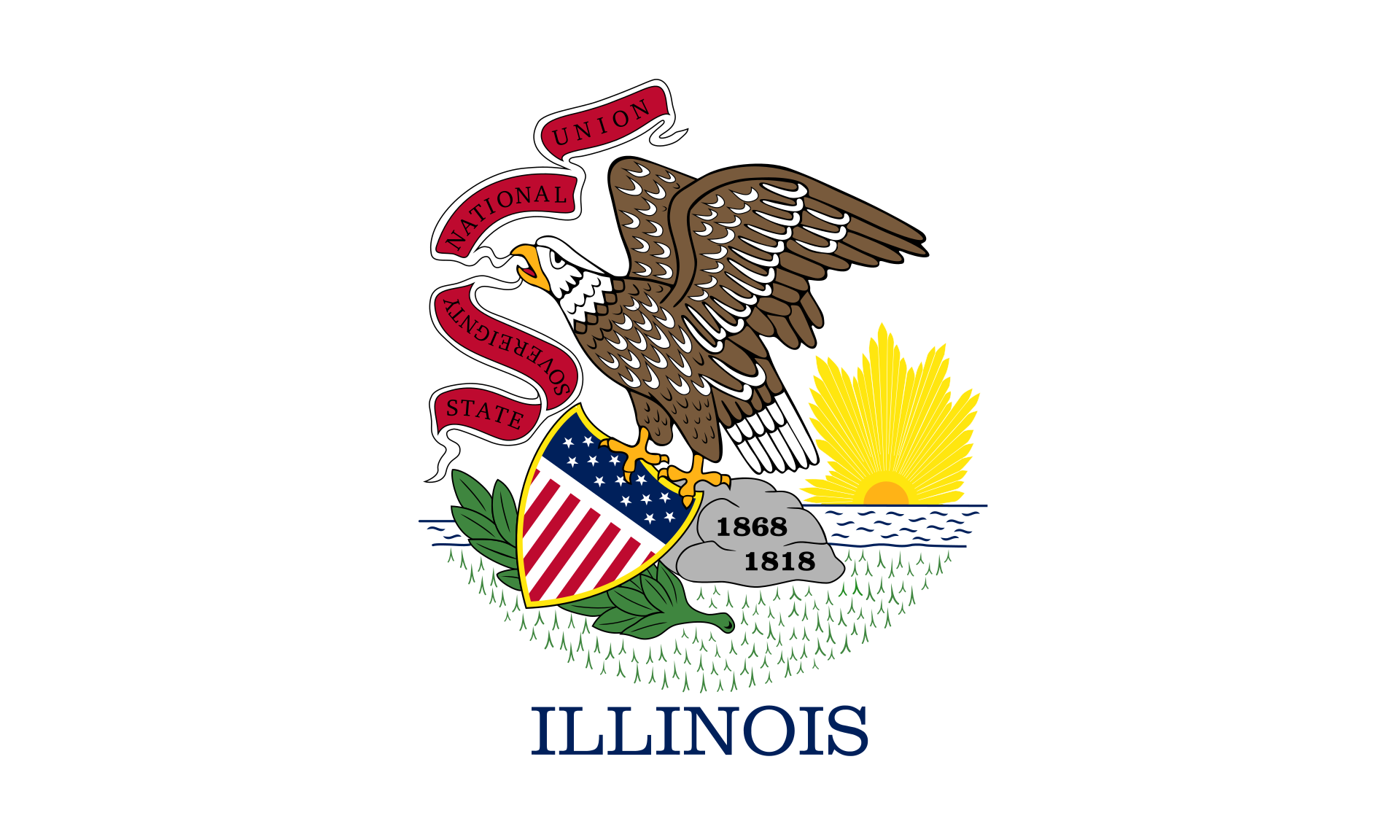 Illinois-IL
Illinois-IL

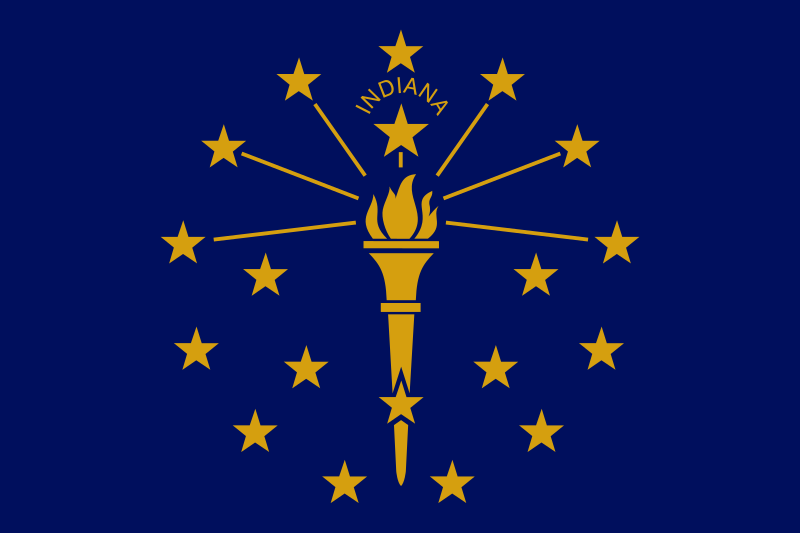 Indiana-IN
Indiana-IN

 Iowa-IA
Iowa-IA

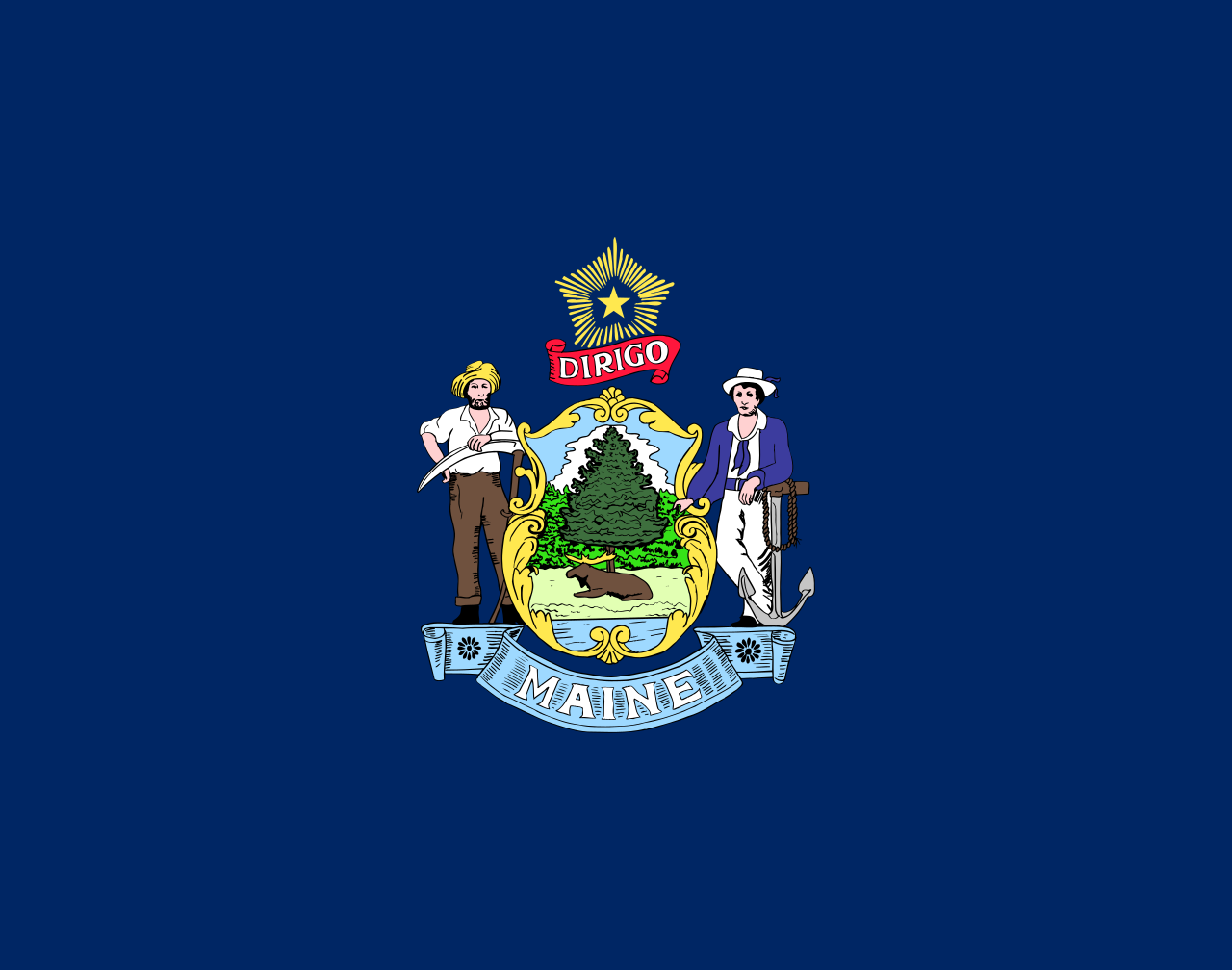 Maine-ME
Maine-ME

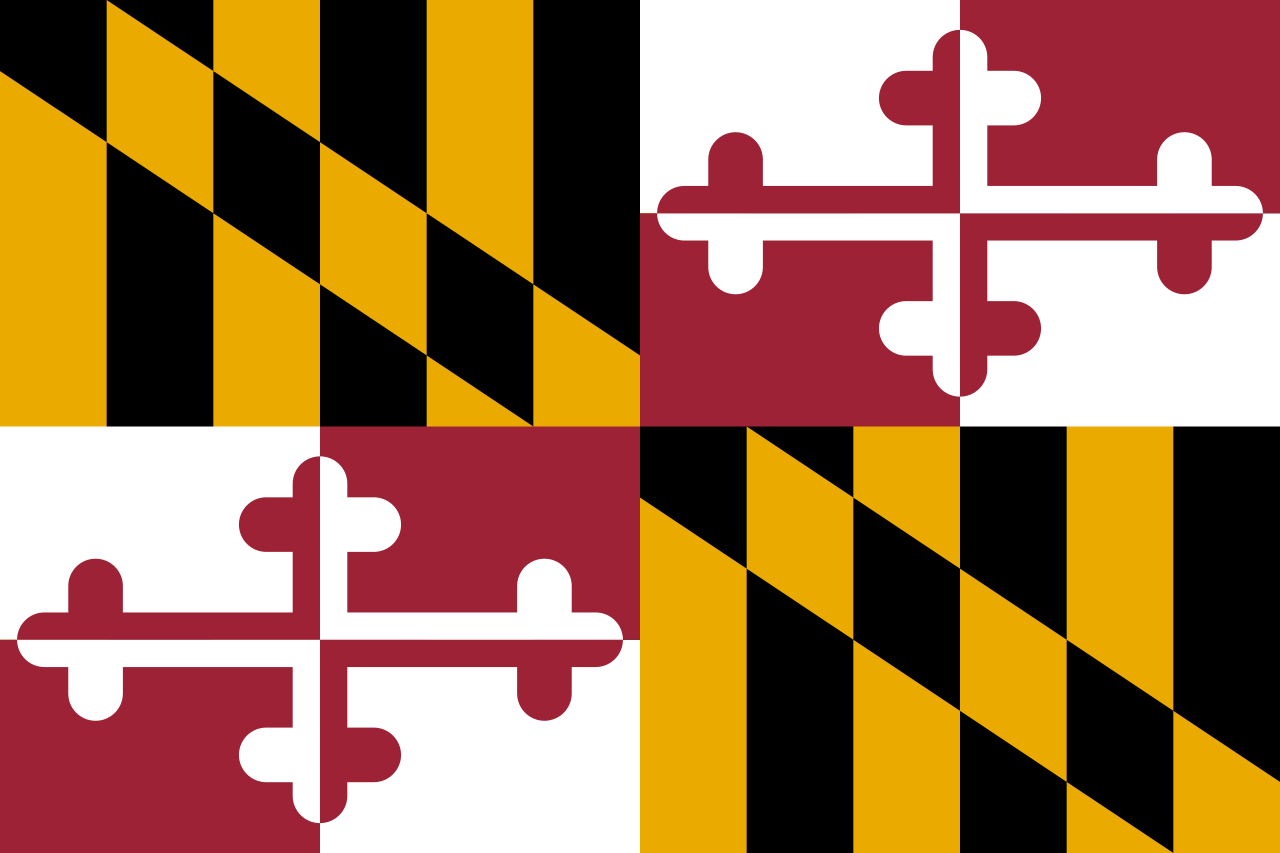 Maryland-MD
Maryland-MD

 Massachusetts-MA
Massachusetts-MA

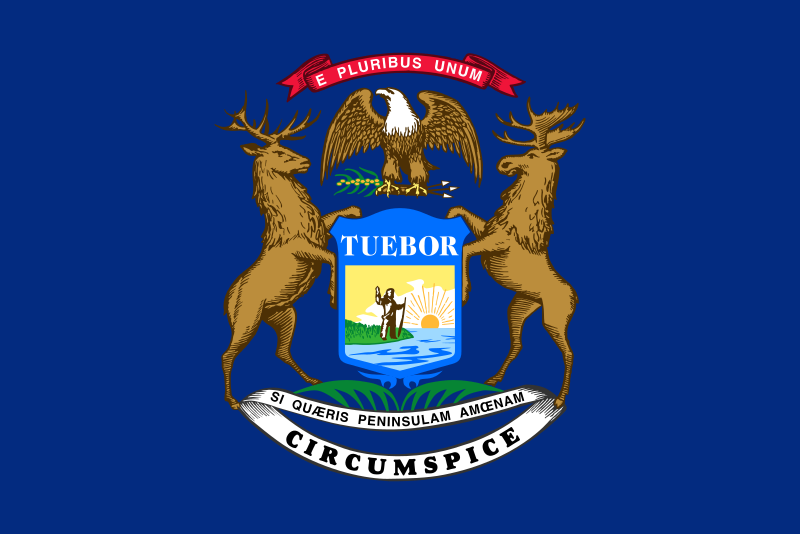 Michigan-MI
Michigan-MI

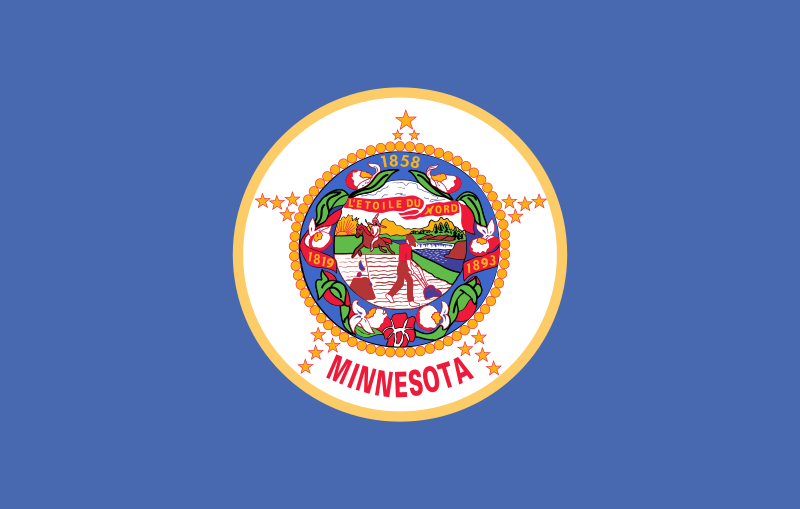 Minnesota-MN
Minnesota-MN

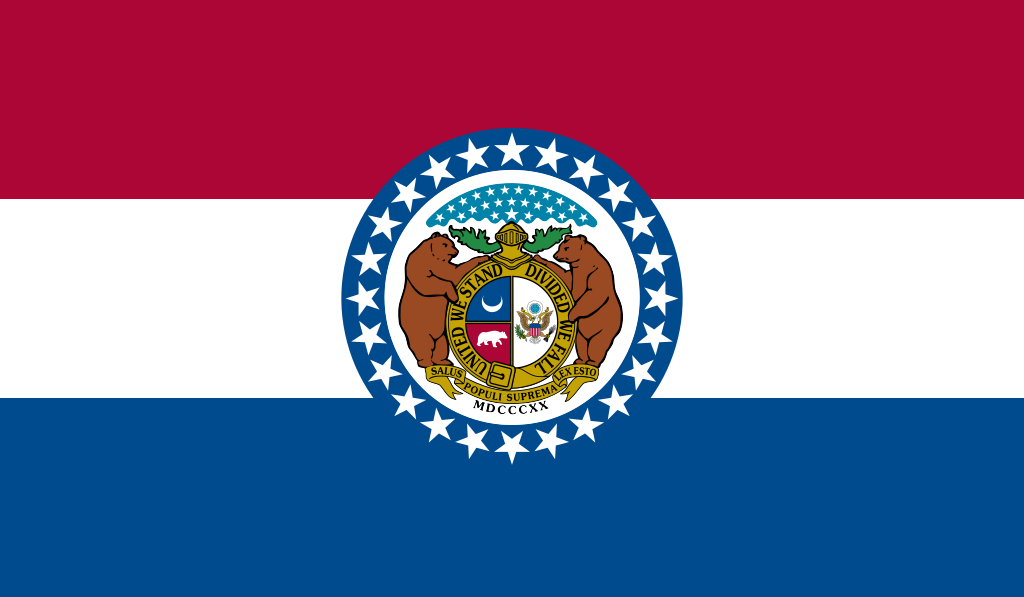 Missouri-MO
Missouri-MO

 Montana-MT
Montana-MT

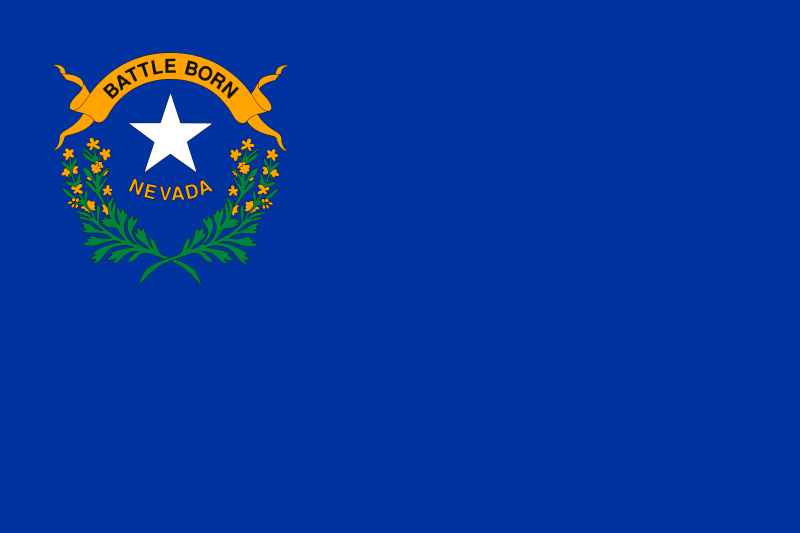 Nevada-NV
Nevada-NV

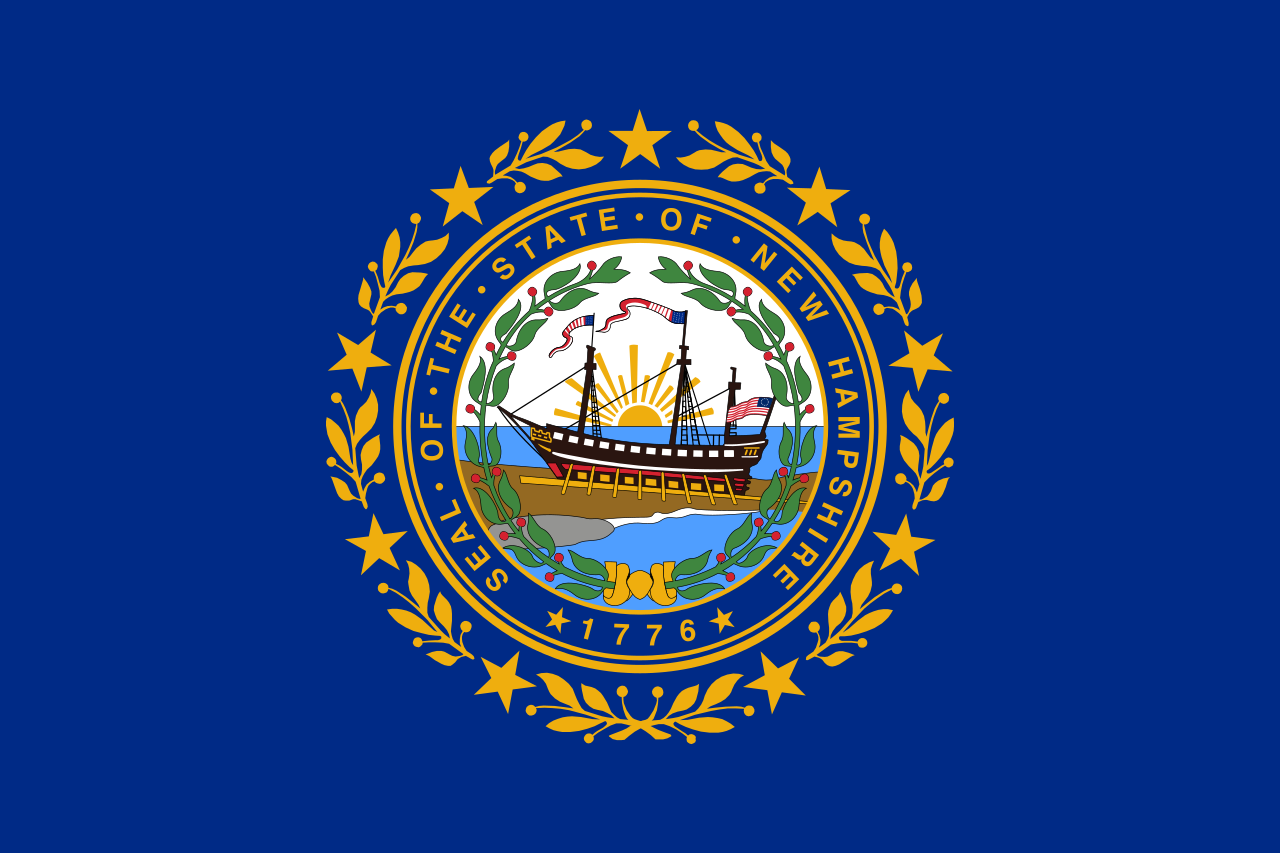 New hampshire-NH
New hampshire-NH

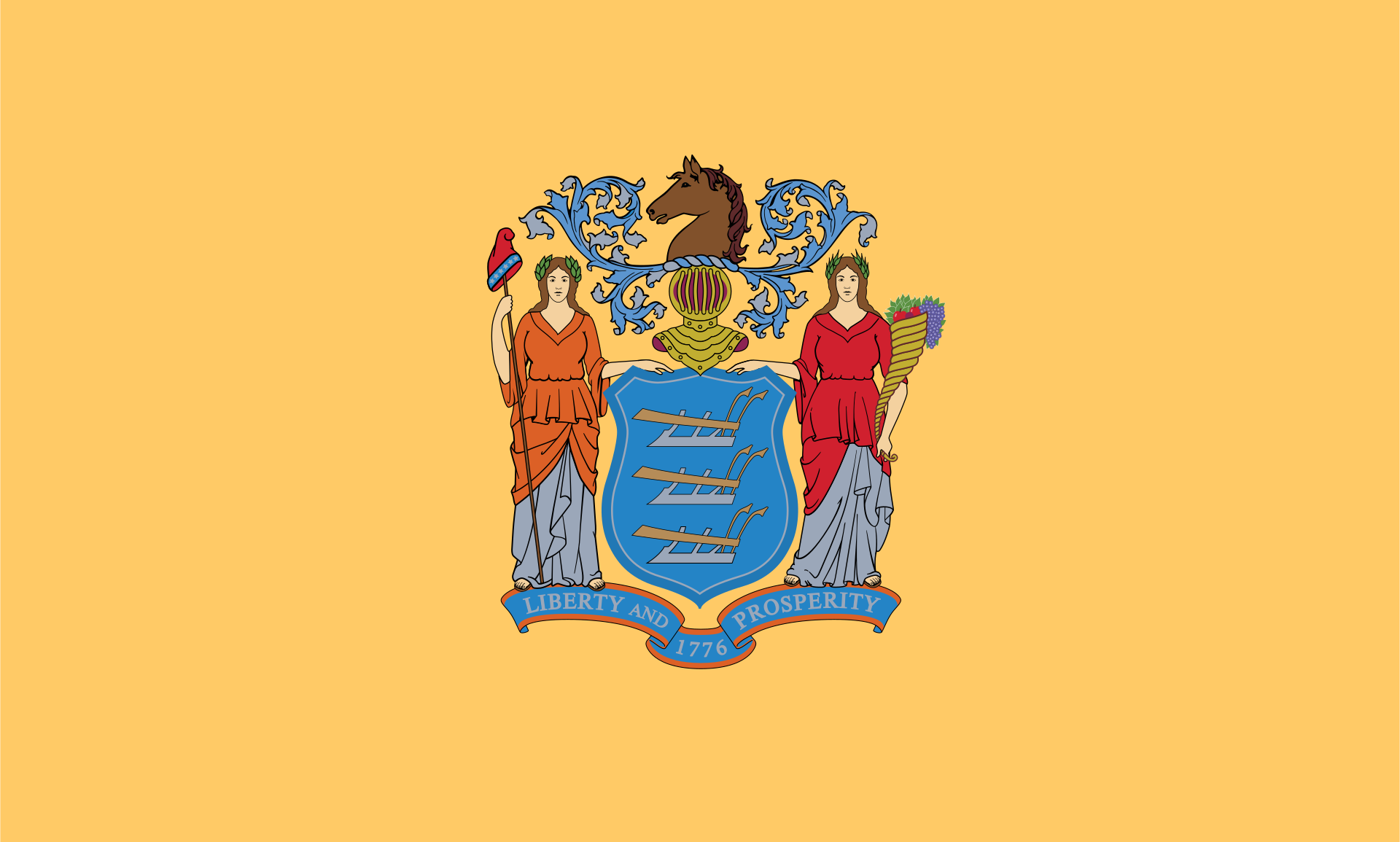 New jersey-NJ
New jersey-NJ

 New mexico-NM
New mexico-NM

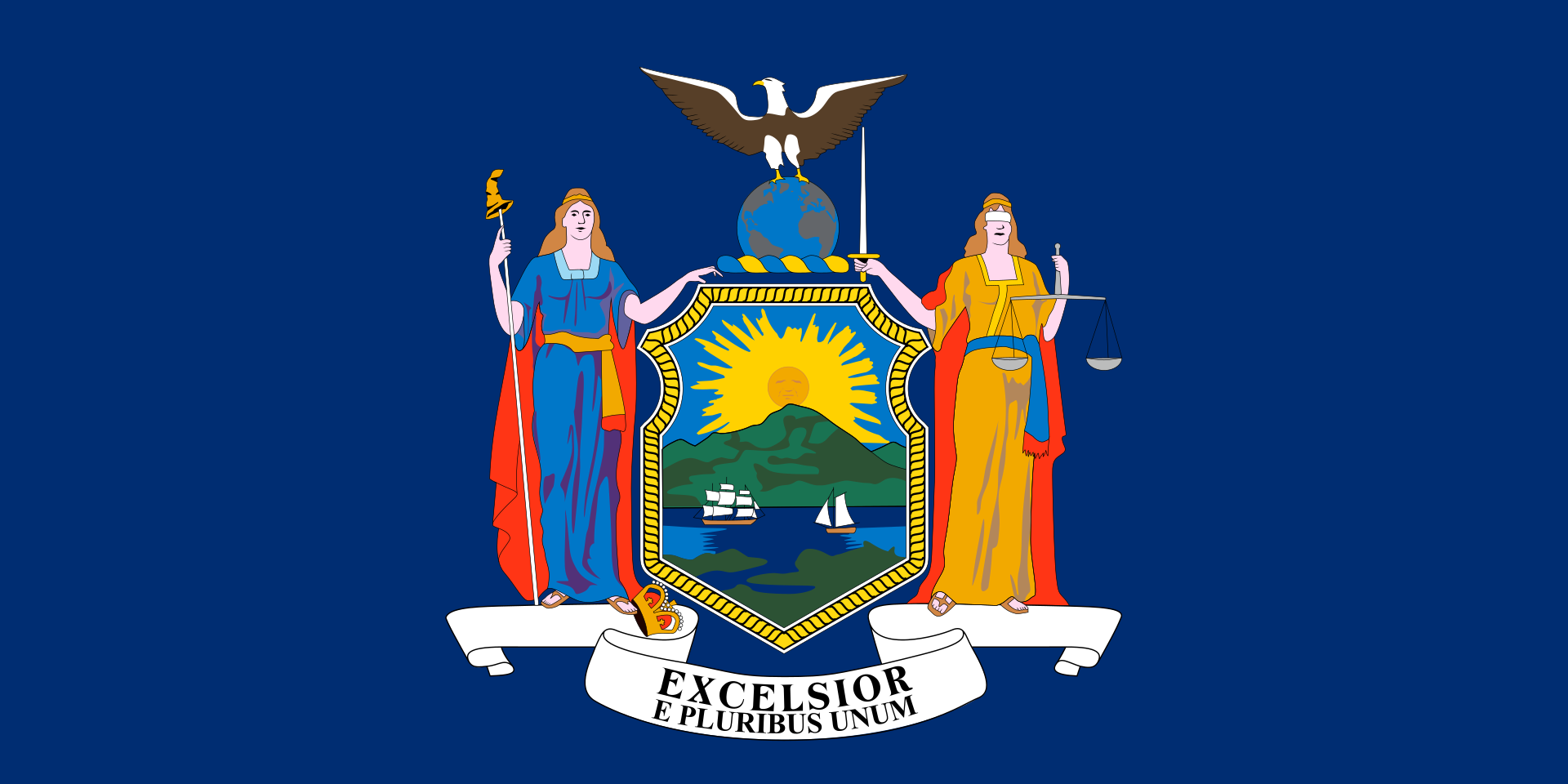 New York-NY
New York-NY

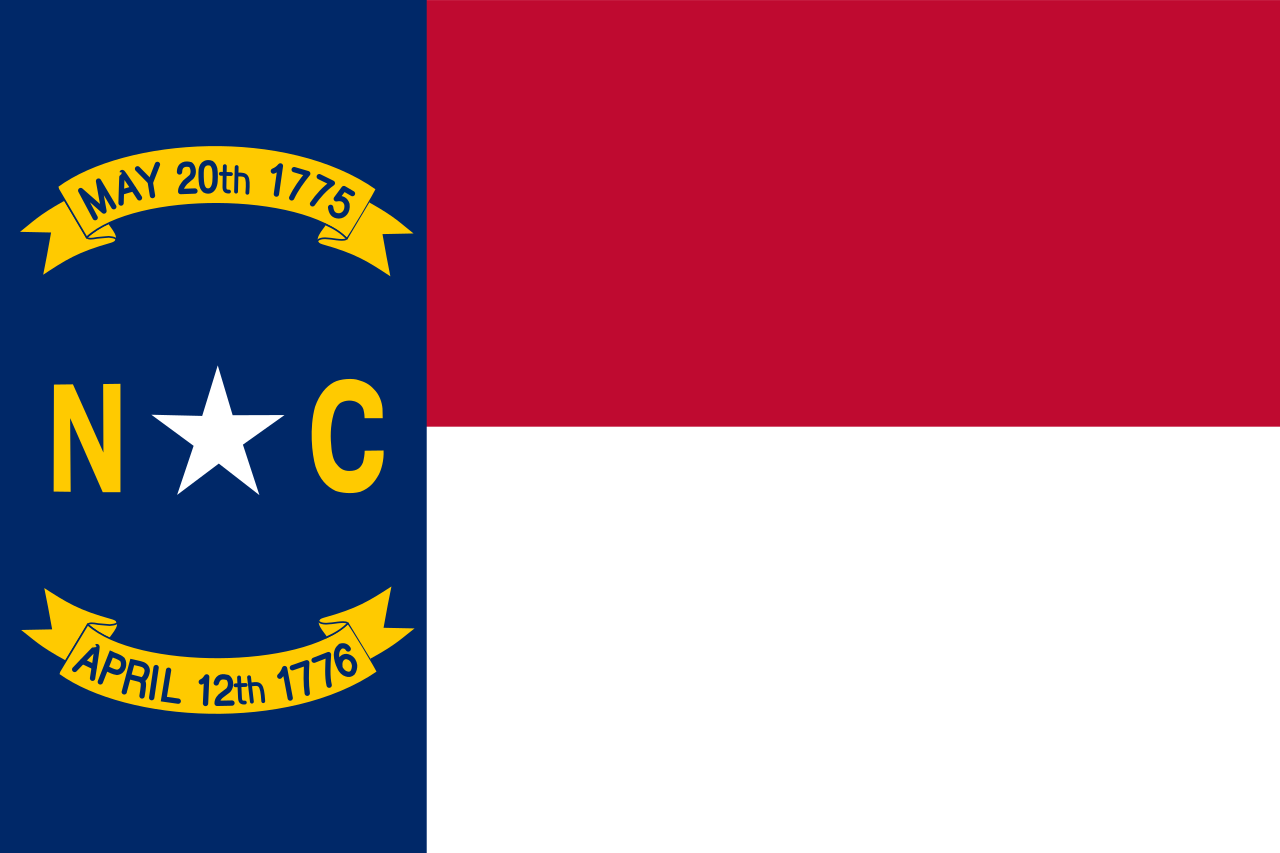 North Carolina-NC
North Carolina-NC

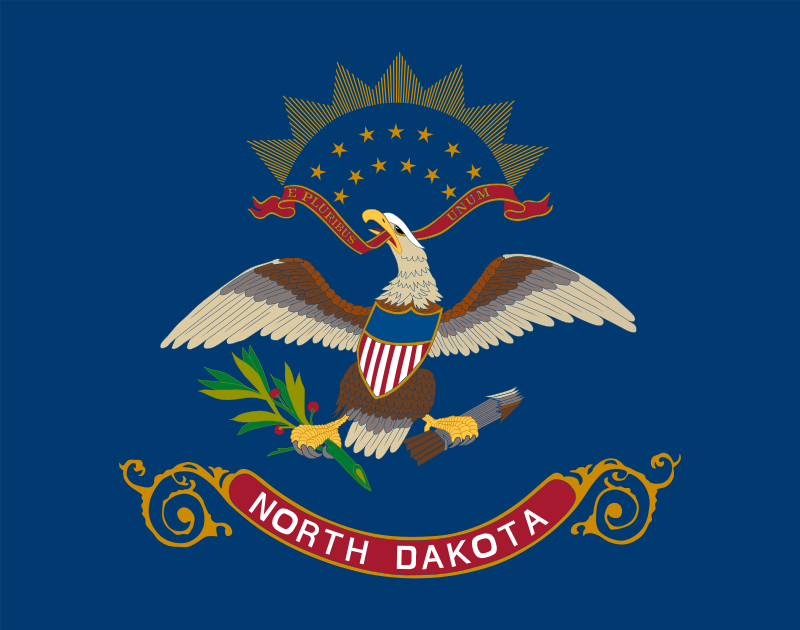 North Dakota-ND
North Dakota-ND

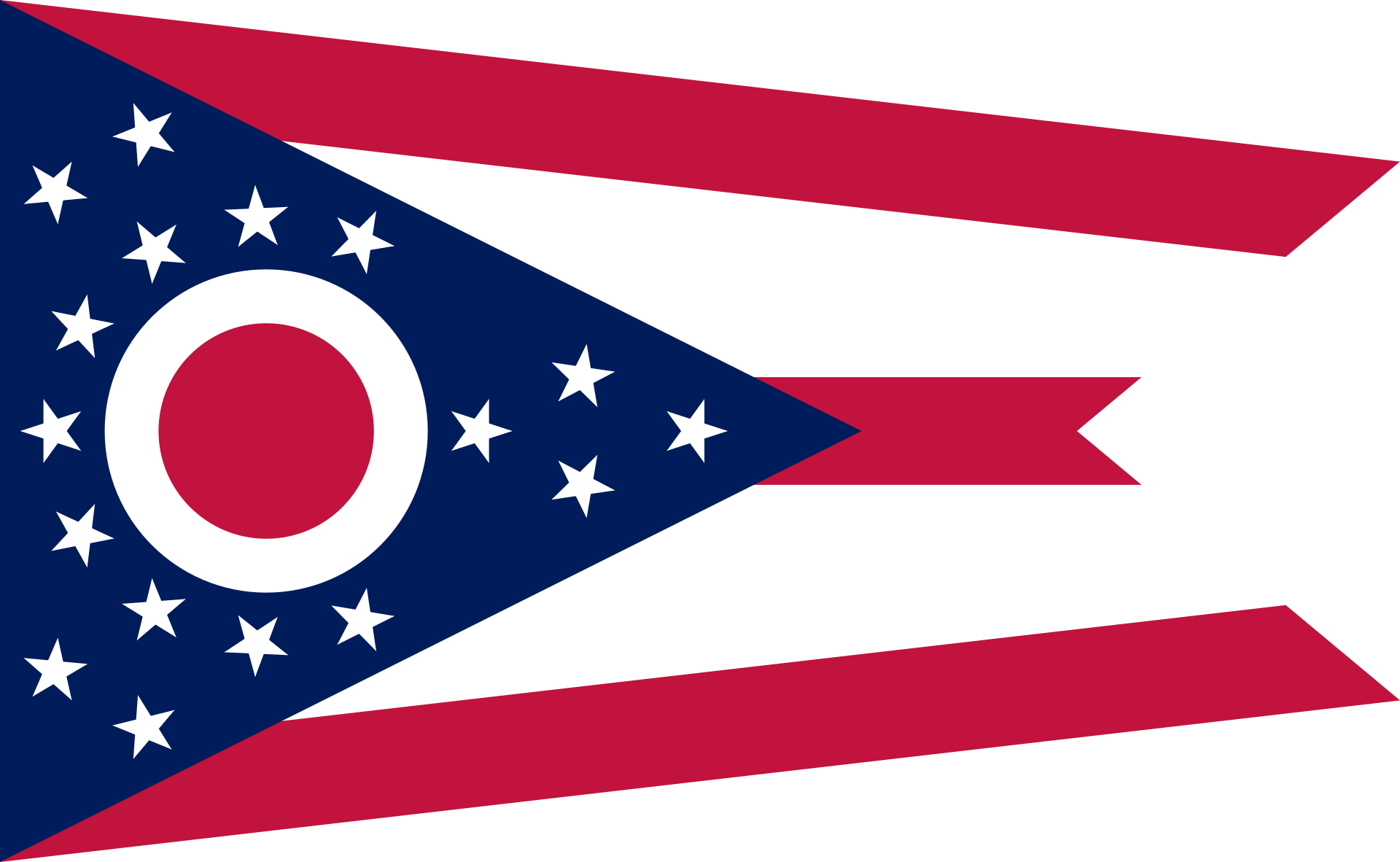 Ohio-OH
Ohio-OH

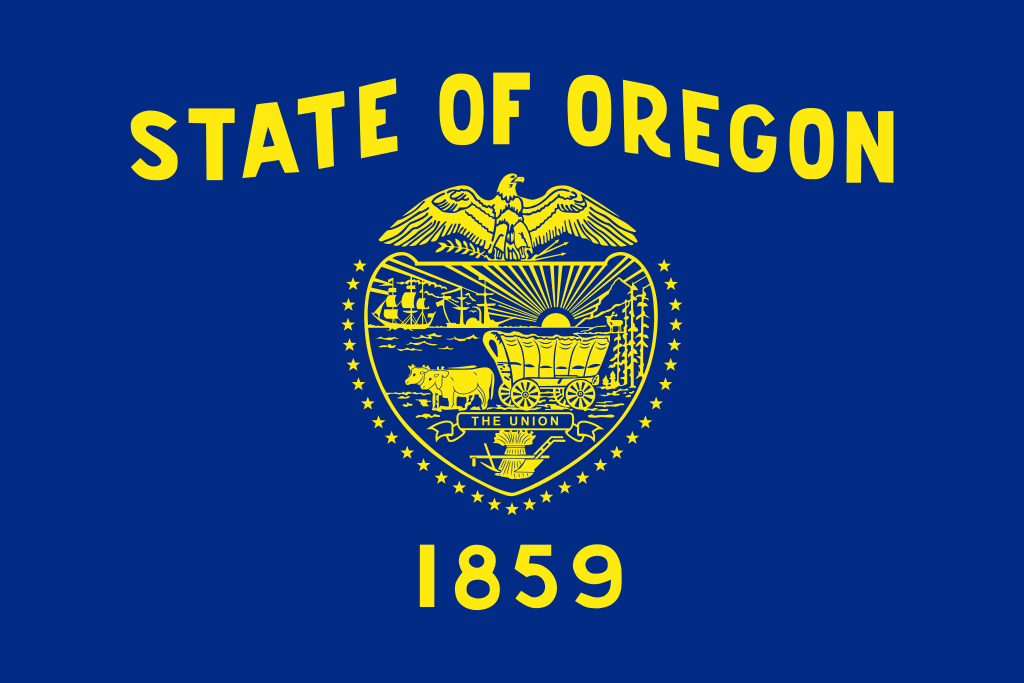 Oregon-OR
Oregon-OR

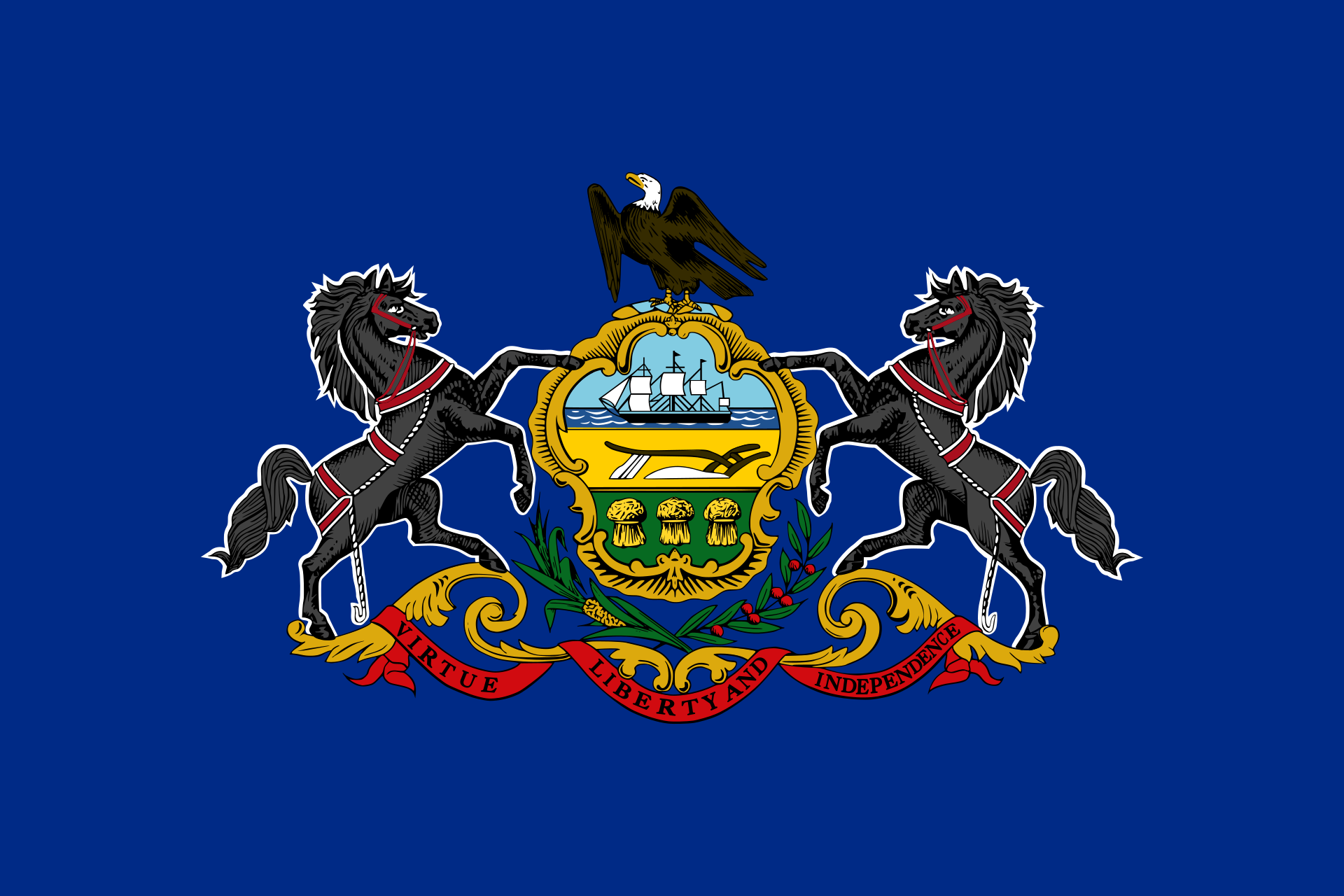 Pennsylvania-PA
Pennsylvania-PA

 Rhode Island-RI
Rhode Island-RI

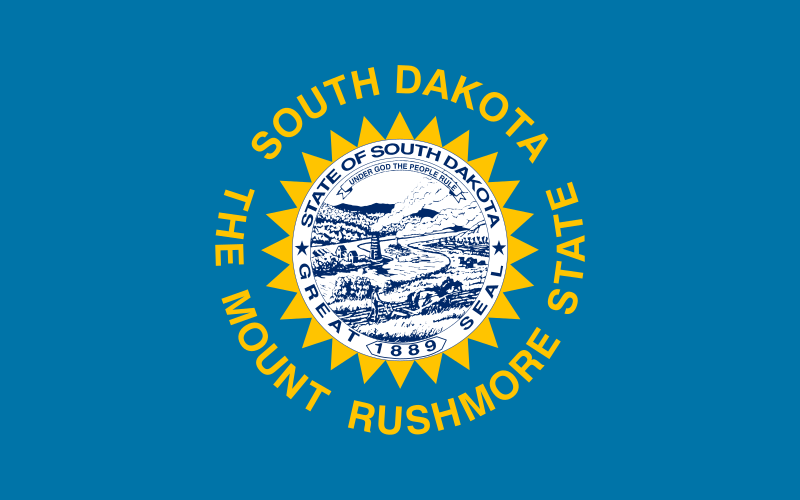 South Dakota-SD
South Dakota-SD

 Sport
Sport

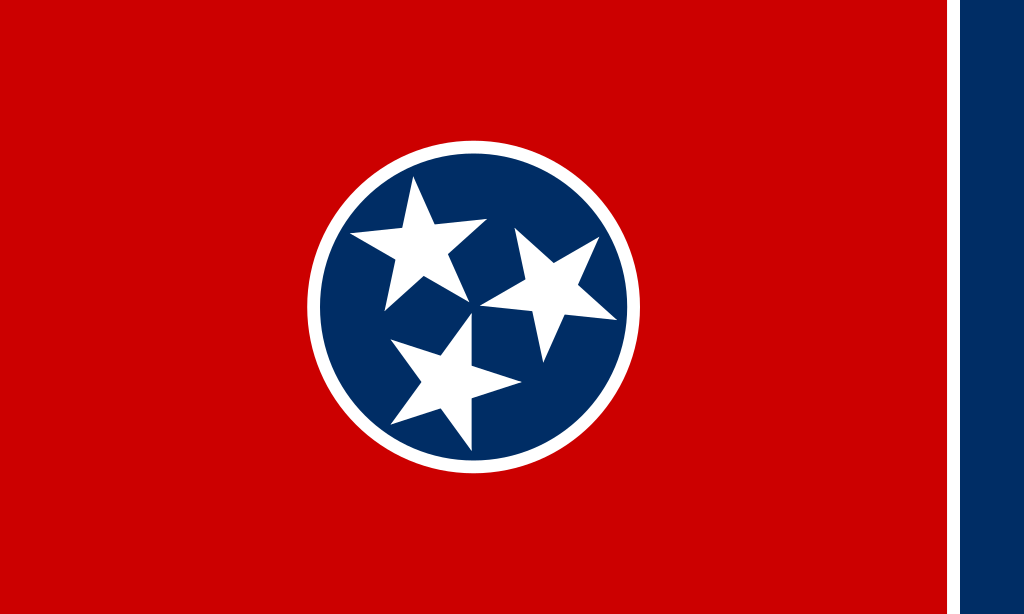 Tennessee-TN
Tennessee-TN

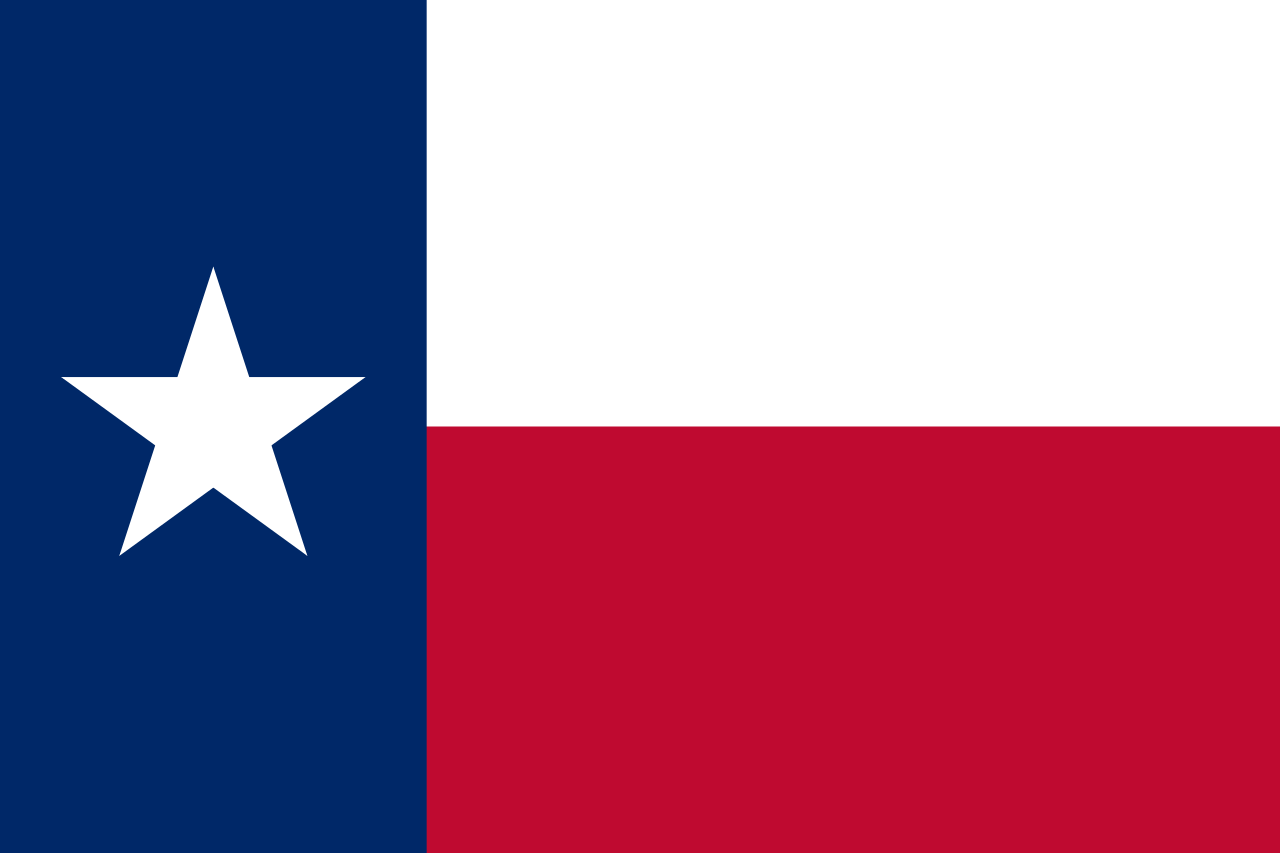 Texas-TX
Texas-TX

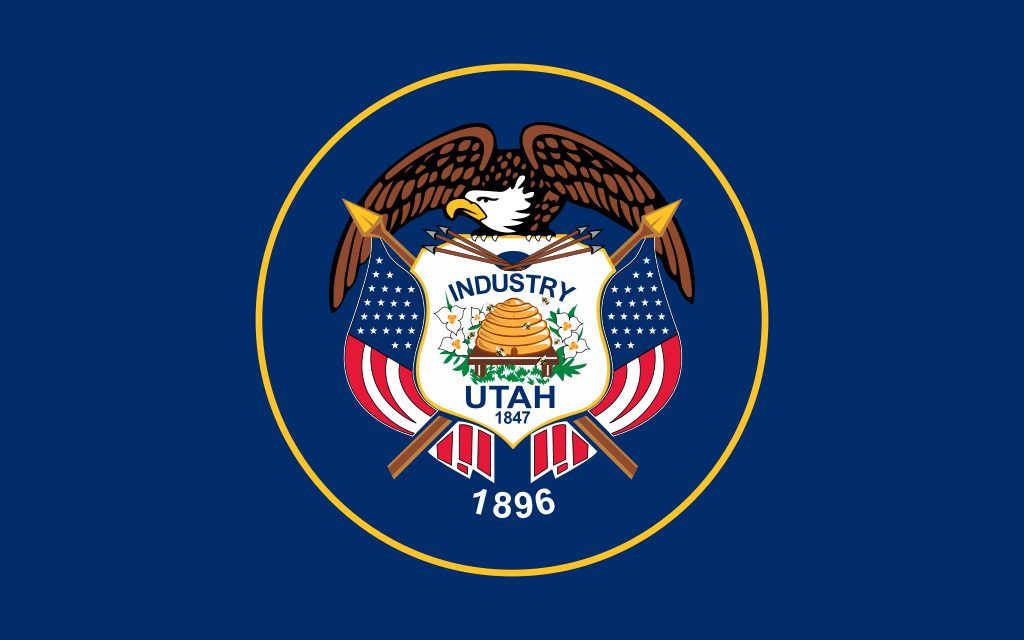 Utah-UT
Utah-UT
 Vereinigte Staaten
Vereinigte Staaten

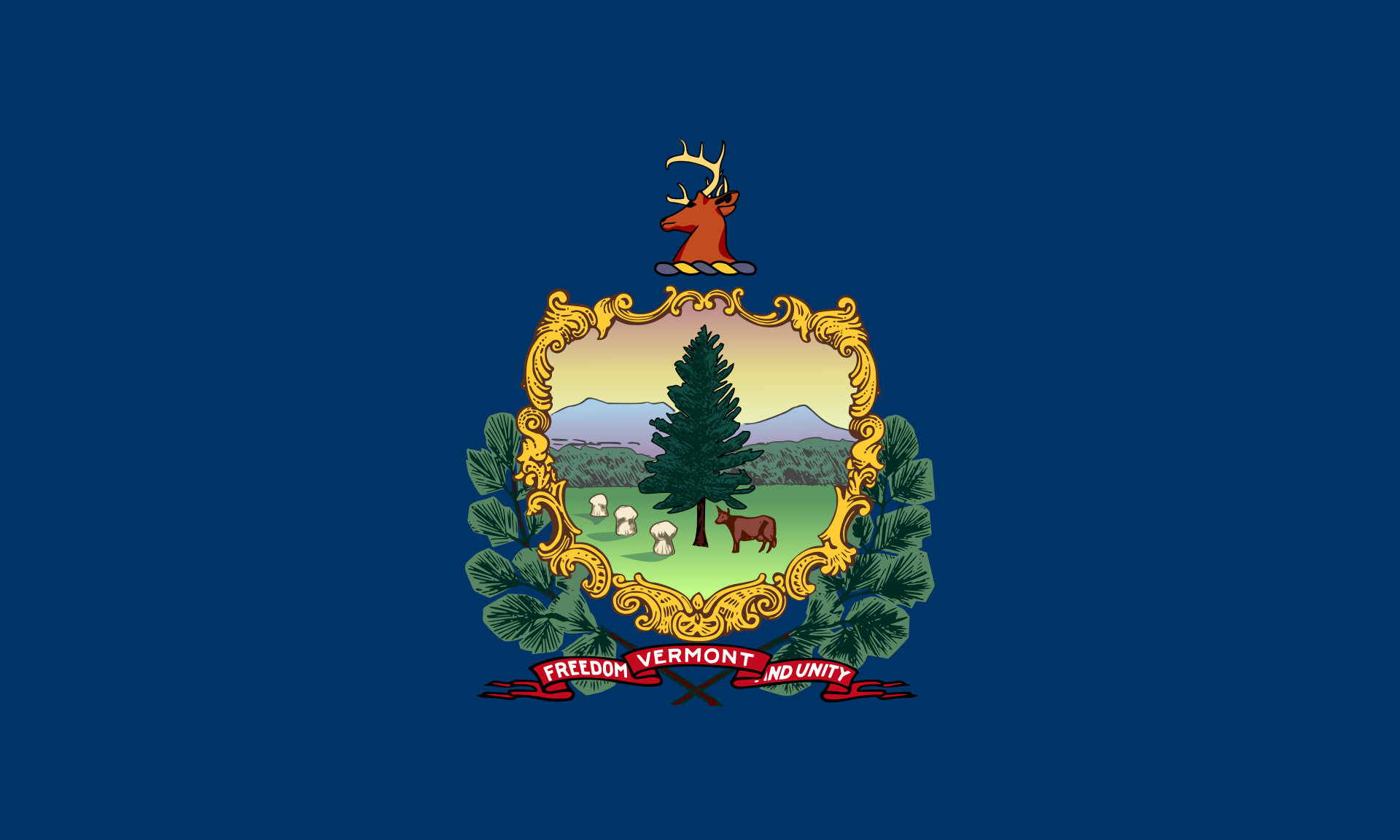 Vermont-VT
Vermont-VT

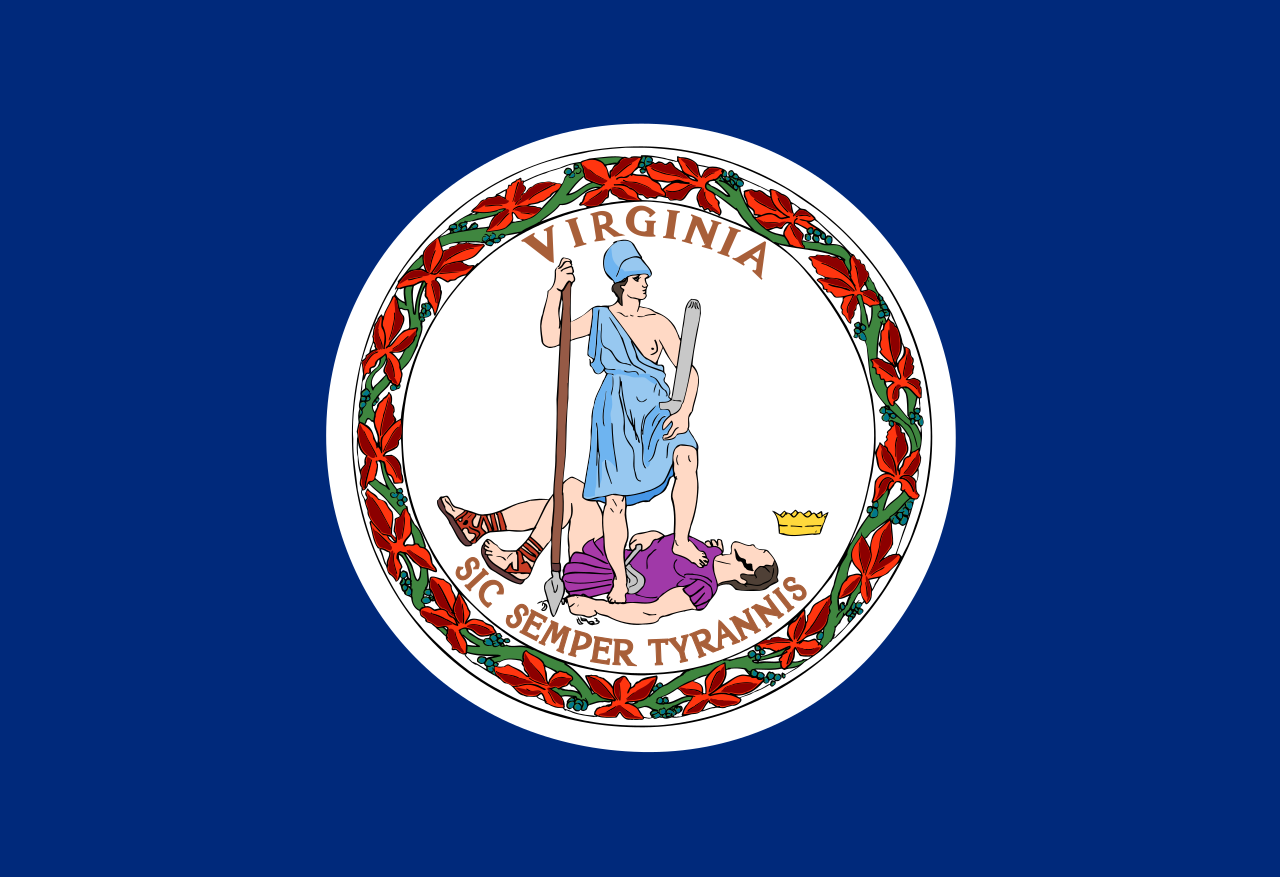 Virginia-VA
Virginia-VA

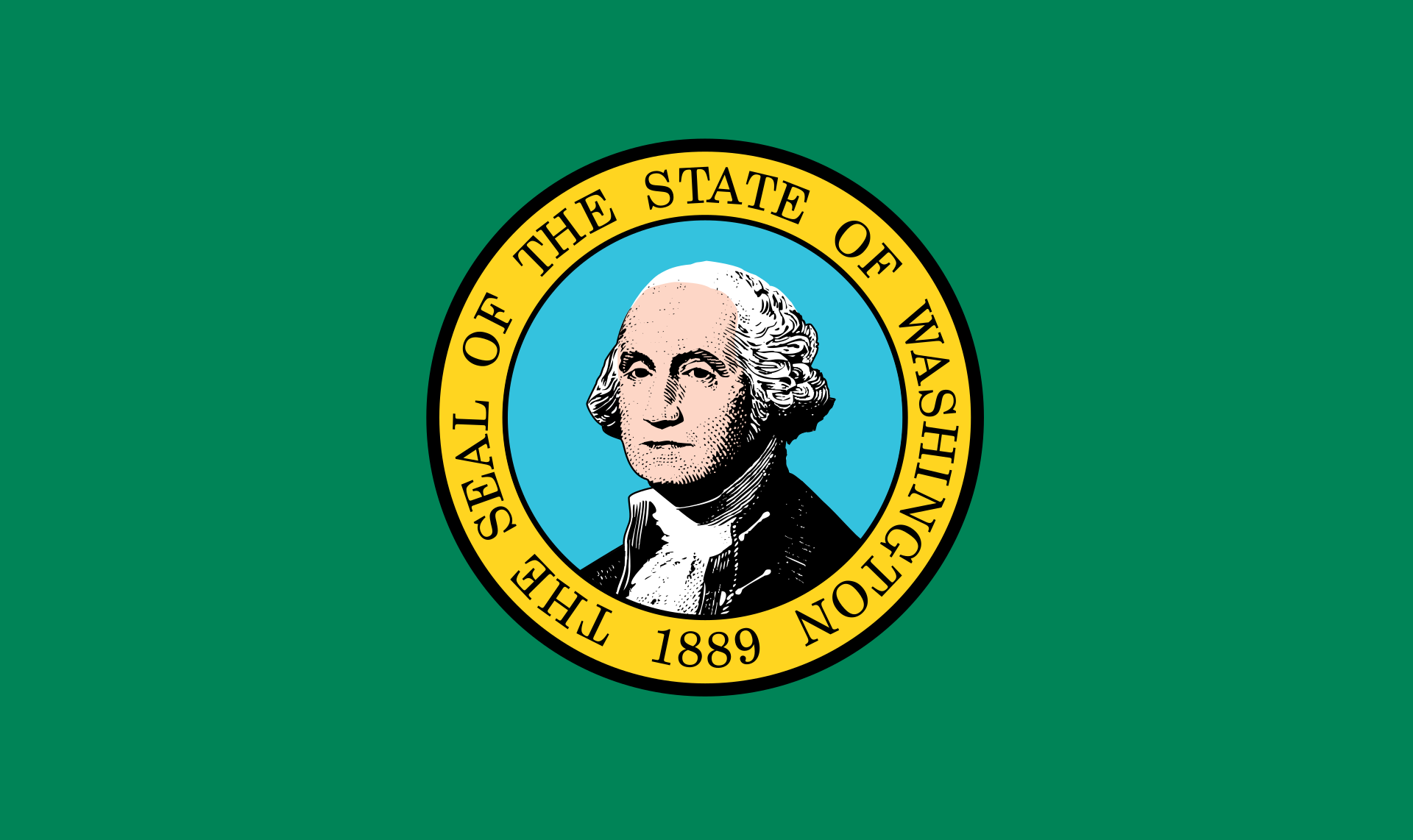 Washington-WA
Washington-WA

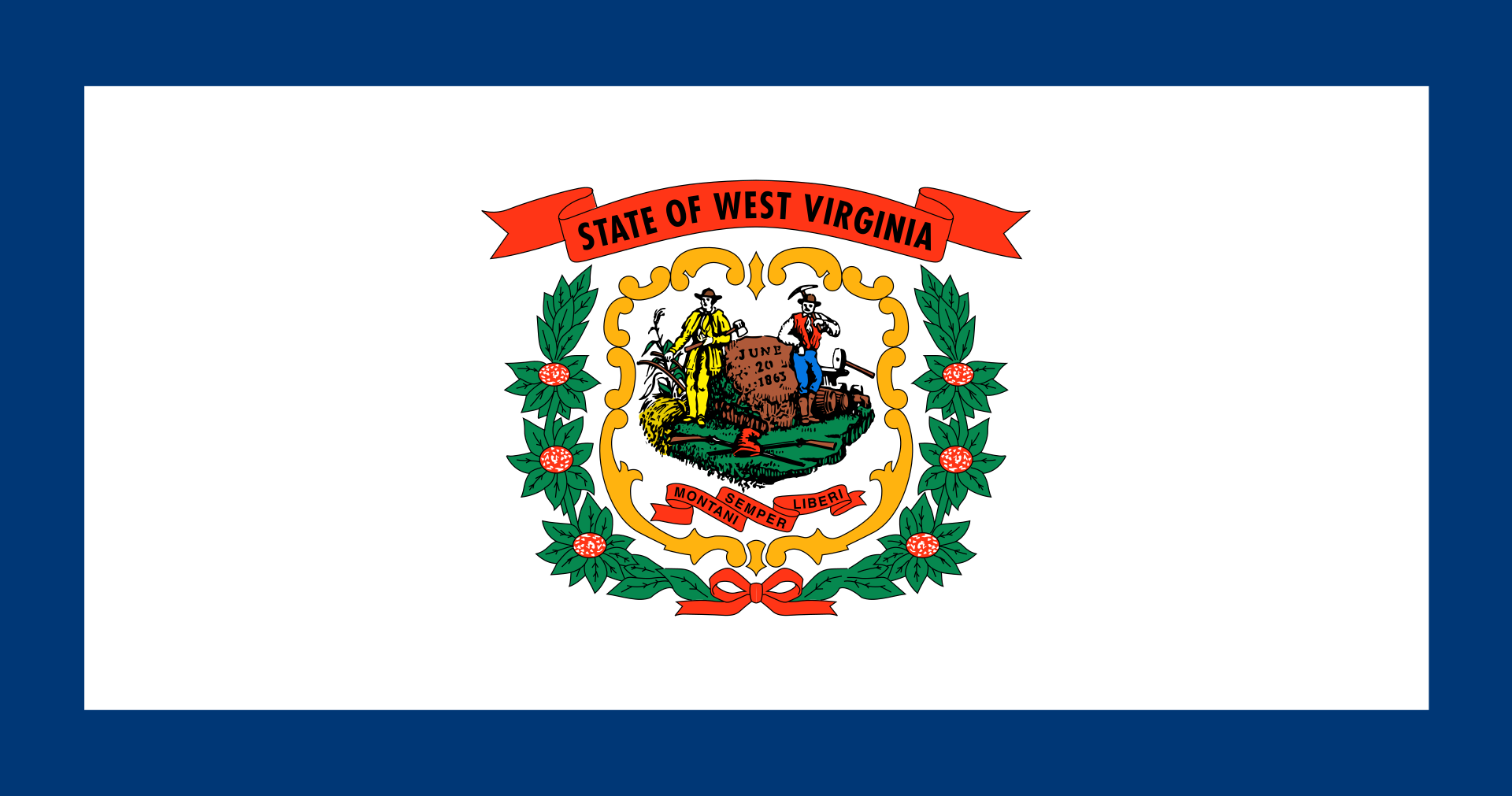 West Virginia-WV
West Virginia-WV

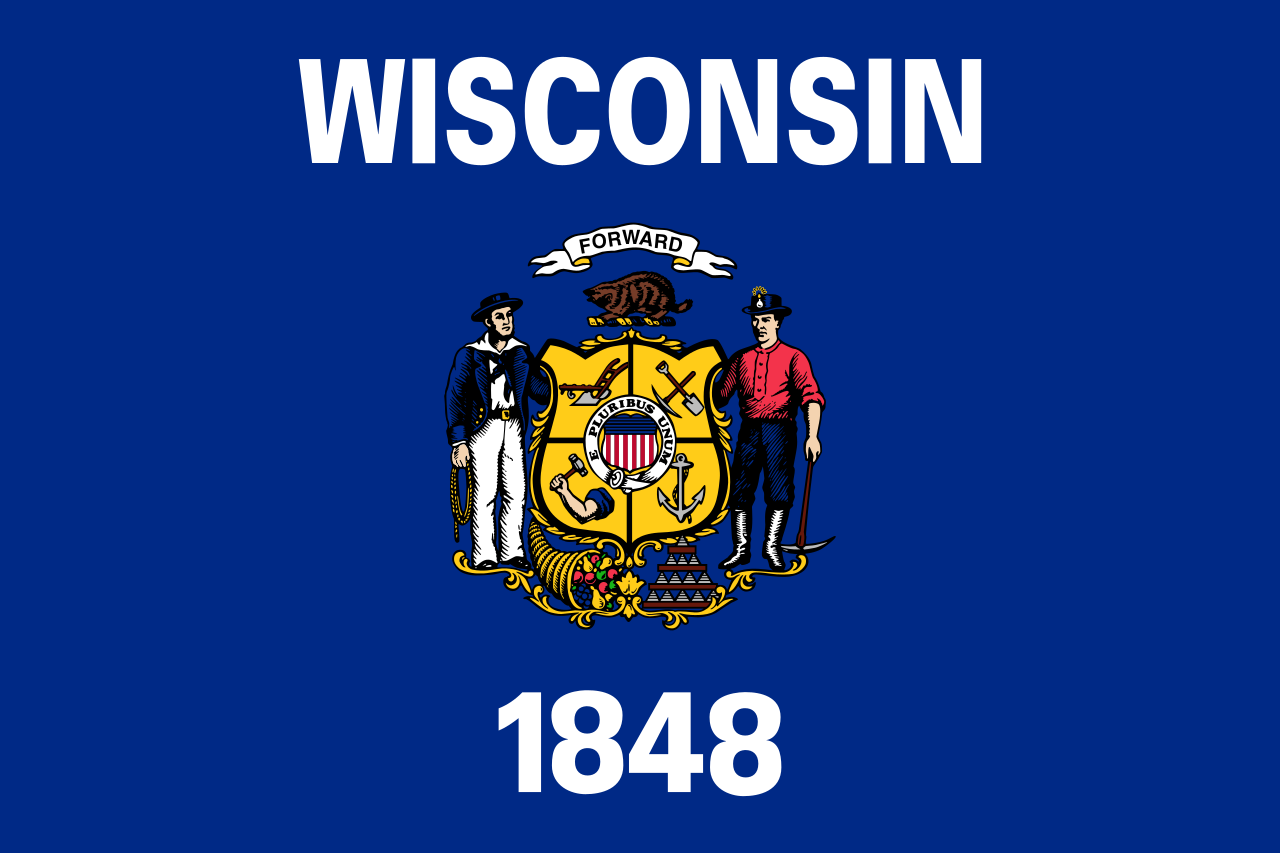 Wisconsin-WI
Wisconsin-WI

 Wyoming-WY
Wyoming-WY
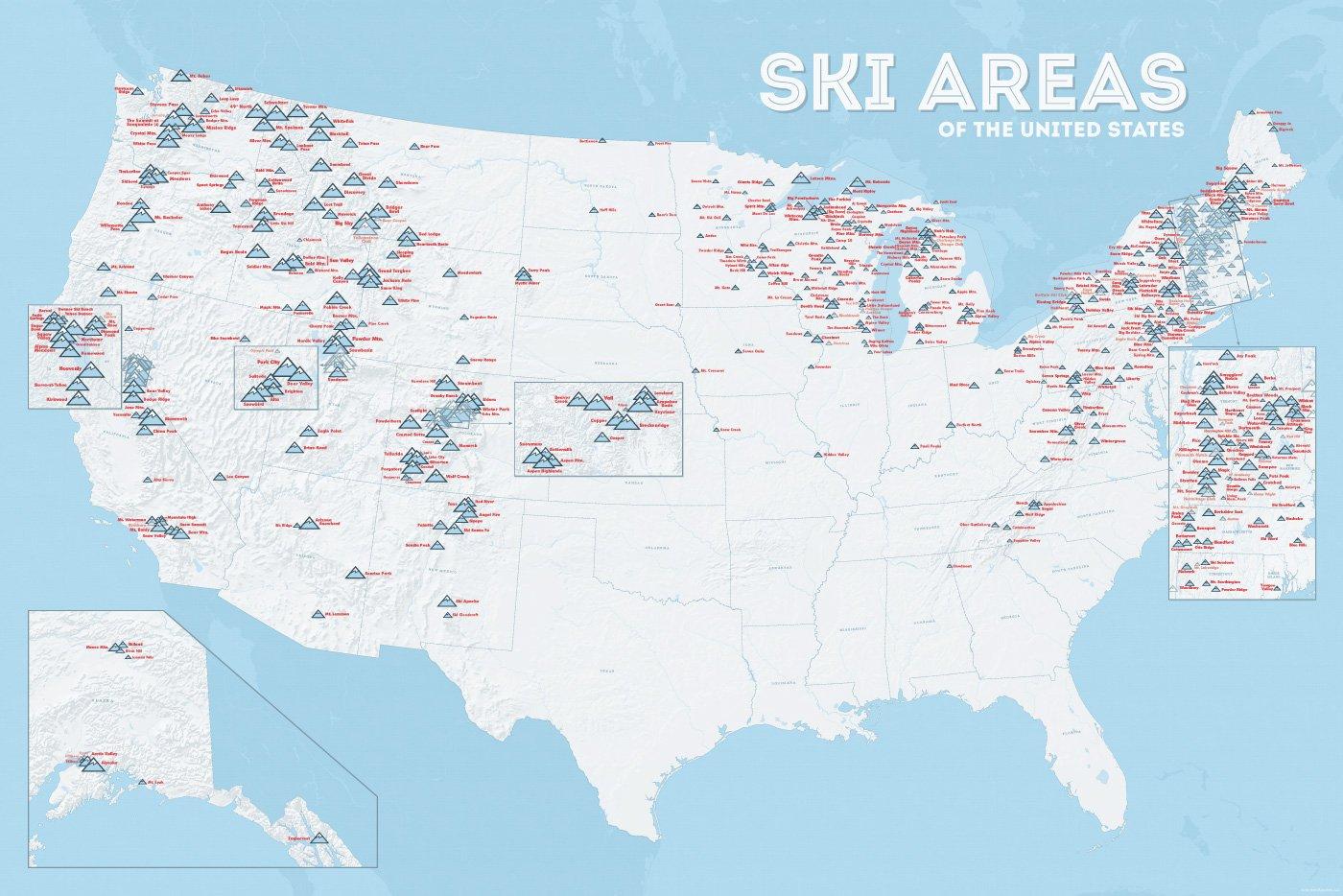
| Name | Orte im Gebiet | Staat | Seehöhe in m |
Liftanlagen1 | Pisten in km |
Weblink | |
| von | bis | ||||||
| Alta Snowbird | Snowbird | Utah | 2365 | 3350 | 1/18/0 | 150 | www.snowbird.com |
| Arapaho Basin | Colorado | 3292 | 3978 | 0/4/0 | 34 | www.arapahoebasin.com | |
| Aspen Highlands | Aspen | Colorado | 2460 | 3536 | 0/5/0 | 58 | www.aspensnowmass.com |
| Aspen Mountain | Aspen | Colorado | 2422 | 3417 | 1/7/0 | 50 | www.aspensnowmass.com |
| Aspen Butermilk | Aspen | Colorado | 2398 | 3013 | 0/5/1 | 34 | www.aspensnowmass.com |
| Aspen Snowmass | Aspen | Colorado | 2473 | 3813 | 2/13/5 | 137 | www.aspensnowmass.com |
| Beaver Creek Resort | Vail/Beaver Creek | Colorado | 2268 | 3478 | 0/15/8 | 152 | www.beavercreek.com |
| Big Sky Resort | Big Sky Village | Montana | 2072 | 3403 | 2/18/2 | 186 | www.bigskyresort.com |
| Breckenridge | Breckenridge | Colorado | 2926 | 3962 | 1/25/25 | 146 | www.snow.com |
| Deer Valley | Deer Valley | Utah | 2003 | 2918 | 1/20/0 | 105 | www.deervalley.com |
| Grand Targhee | Wyoming | 2438 | 3048 | 0/4/0 | 40 | www.grandtarghee.com | |
| Heavenly | Nevada | 1914 | 3039 | 2/17/6 | 89 | www.heavenly.com | |
| Jackson Hole Mountain | Teton Village | Wyoming | 1924 | 3185 | 3/9/0 | 150 | www.jacksonhole.com |
| Keystone | Keystone | Colorado | 2829 | 3782 | 2/16/16 | 116 | www.snow.com |
| Klamath Falls | Oregon | n/a | n/a | n/a | n/a | www.oregon.com | |
| Mammoth Mountain | Kalifornien | 2456 | 3362 | 3/23/4 | 112 | www.mammothmountain.com | |
| Park City Mountain | Park City | Utah | 2103 | 3039 | 0/15/0 | 87 | www.parkcitymountain.com |
| Squaw Valley | Squaw Valley | Kalifornien | 1886 | 2664 | 3/26/3 | 88 | www.squaw.com |
| Steamboat | Steamboat Springs | Colorado | 2097 | 3207 | 1/18/0 | 110 | www.steamboat.com |
| Telluride Skiresort | Telluride | Colorado | 2661 | 3735 | 3/11/0 | 98 | www.tellurideskiresort.com |
| The Canyons | Utah | 2061 | 3038 | 2/12/2 | 106 | www.thecanyons.com | |
| Vail | Vail | Colorado | 2450 | 3527 | 1/23/9 | 215 | www.vail.com |


 Idaho-ID
Idaho-ID

 Maine-ME
Maine-ME

 Michigan-MI
Michigan-MI

 Minnesota-MN
Minnesota-MN

 Montana-MT
Montana-MT

 New hampshire-NH
New hampshire-NH

 New York-NY
New York-NY

 North Dakota-ND
North Dakota-ND

 Vermont-VT
Vermont-VT

 Washington-WA
Washington-WA

 Wisconsin-WI
Wisconsin-WI
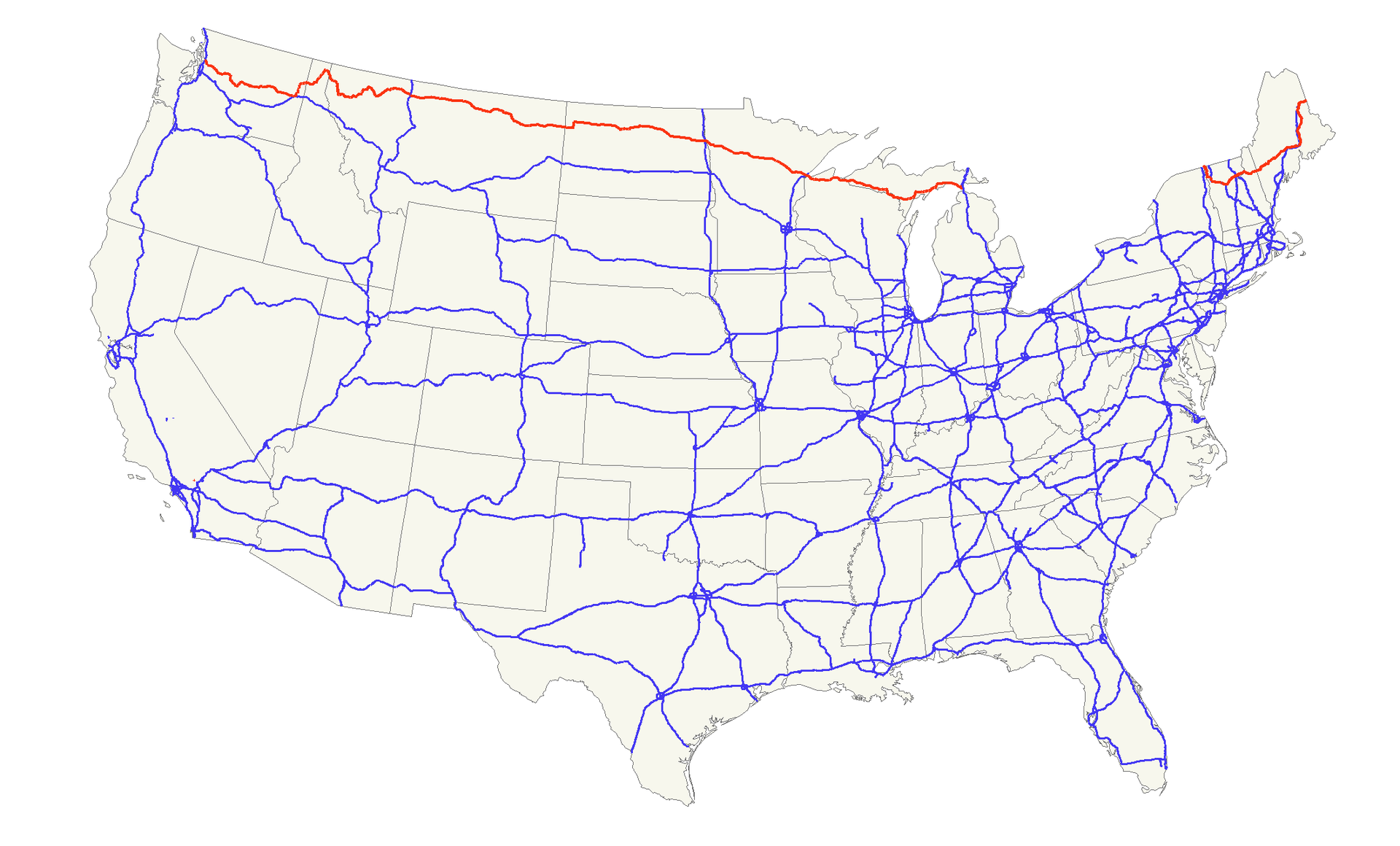

 Idaho-ID
Idaho-ID

 Illinois-IL
Illinois-IL

 Indiana-IN
Indiana-IN

 Iowa-IA
Iowa-IA

 Massachusetts-MA
Massachusetts-MA

 Montana-MT
Montana-MT

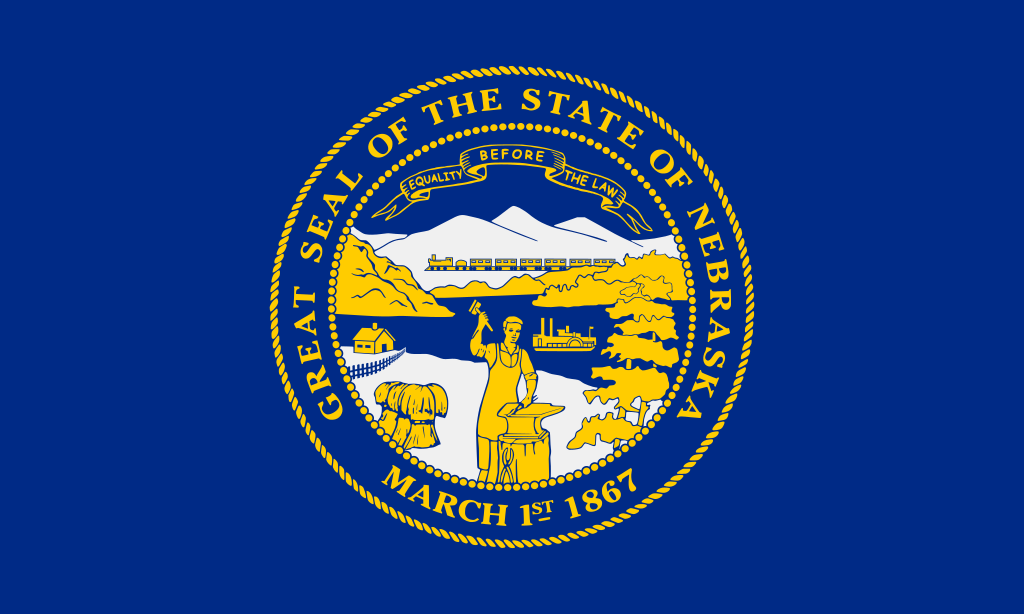 Nebraska-NE
Nebraska-NE

 New York-NY
New York-NY

 Ohio-OH
Ohio-OH

 Oregon-OR
Oregon-OR

 Pennsylvania-PA
Pennsylvania-PA

 Wyoming-WY
Wyoming-WY
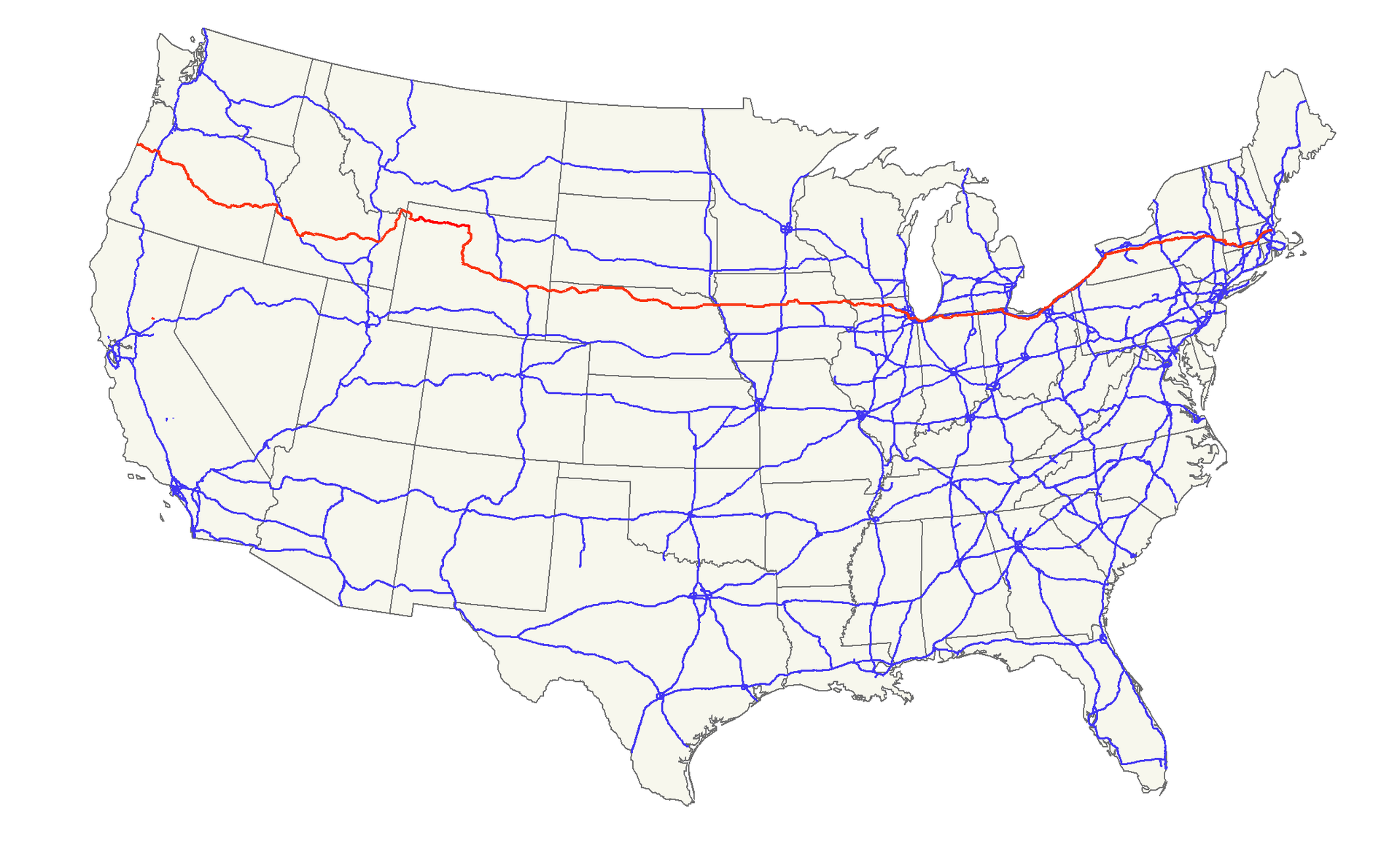

 Alabama-AL
Alabama-AL

 Arizona-AZ
Arizona-AZ

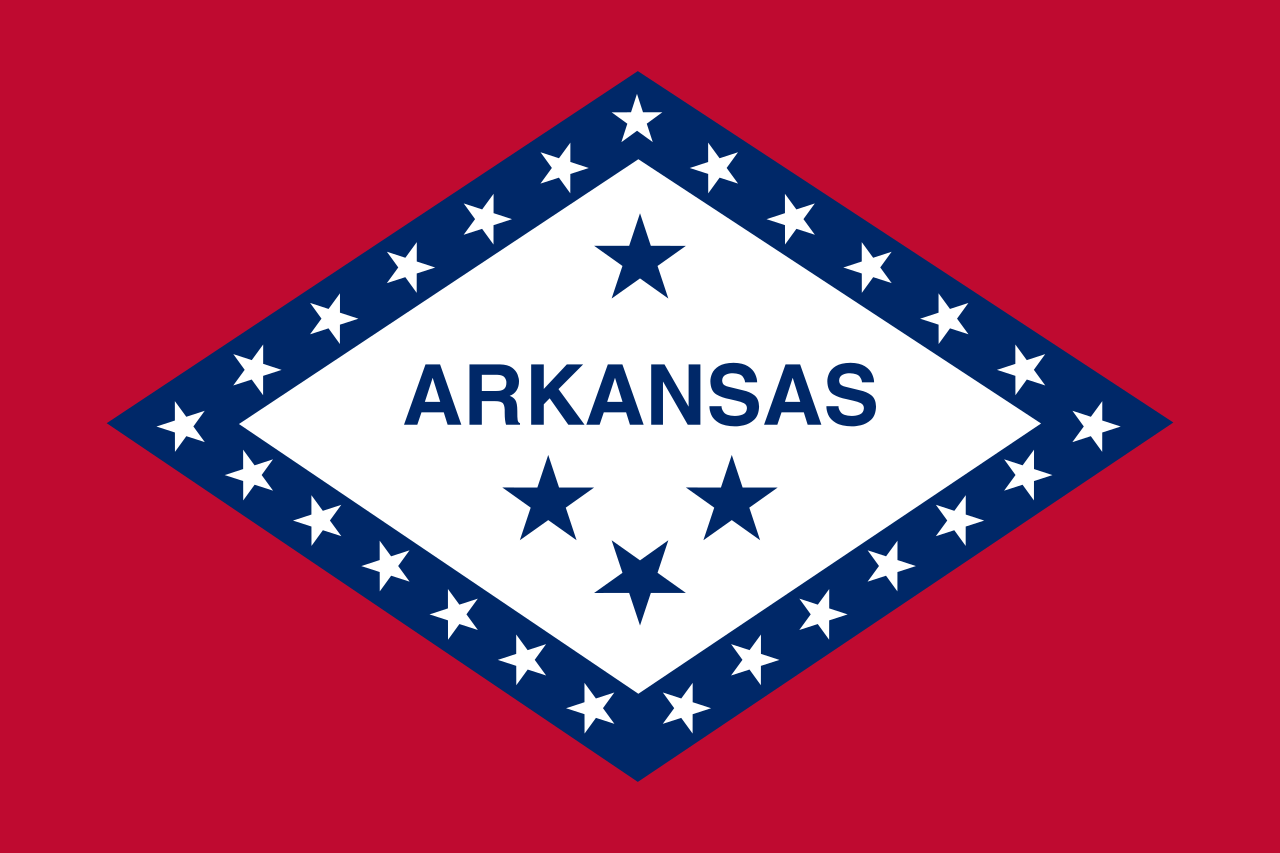 Arkansas-AR
Arkansas-AR

 California-CA
California-CA

 Colorado-CO
Colorado-CO

 Connecticut-CT
Connecticut-CT

 Energieressource
Energieressource

 Energieressource
Energieressource
 *Elektrische Energie
*Elektrische Energie

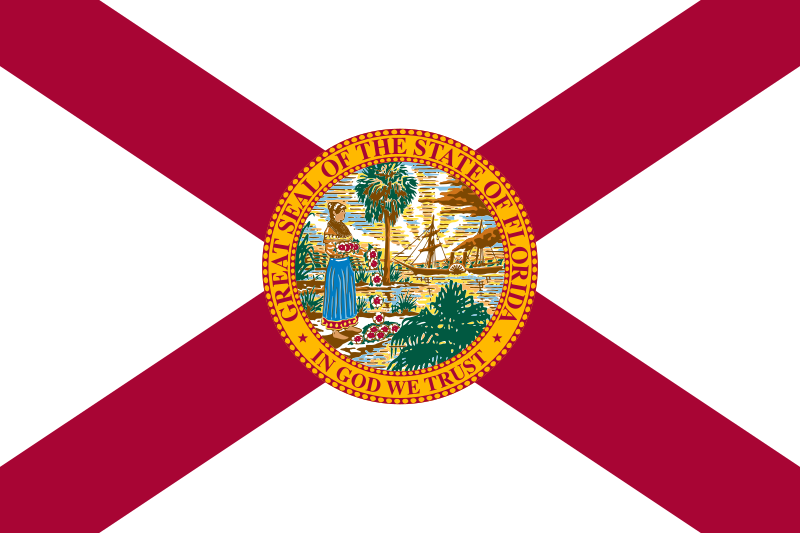 Florida-FL
Florida-FL

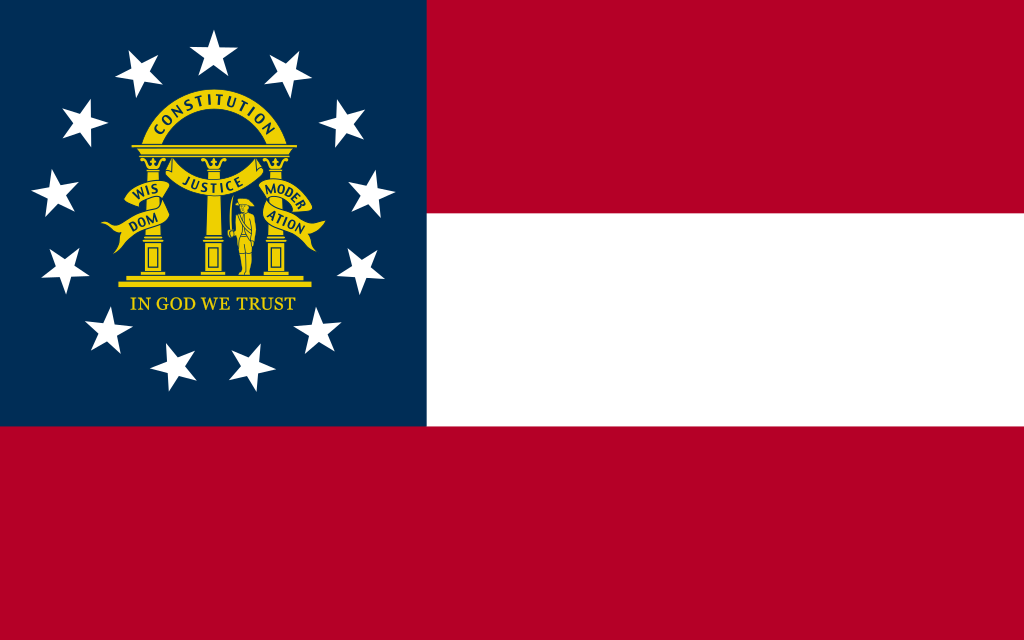 Georgia-GA
Georgia-GA

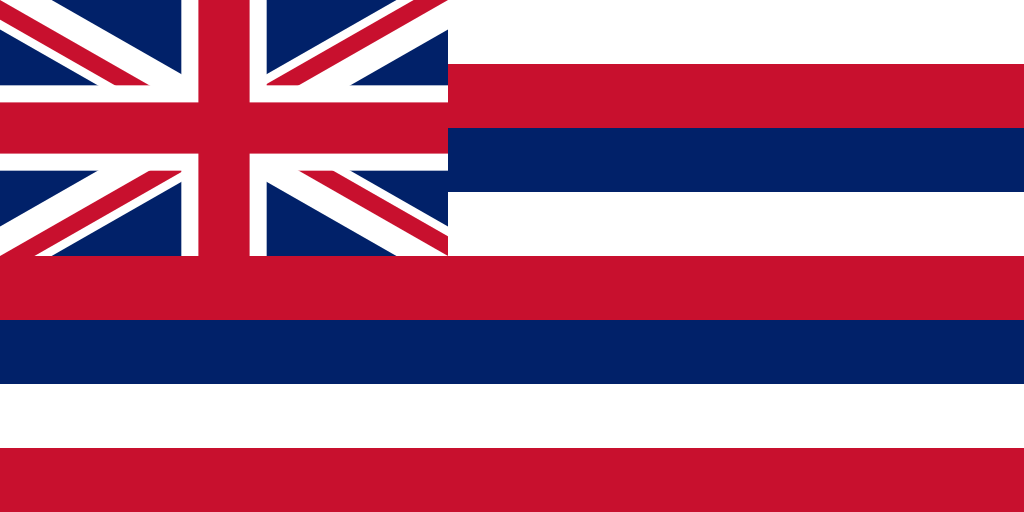 Hawaii-HI
Hawaii-HI

 Idaho-ID
Idaho-ID

 Indiana-IN
Indiana-IN

 Iowa-IA
Iowa-IA

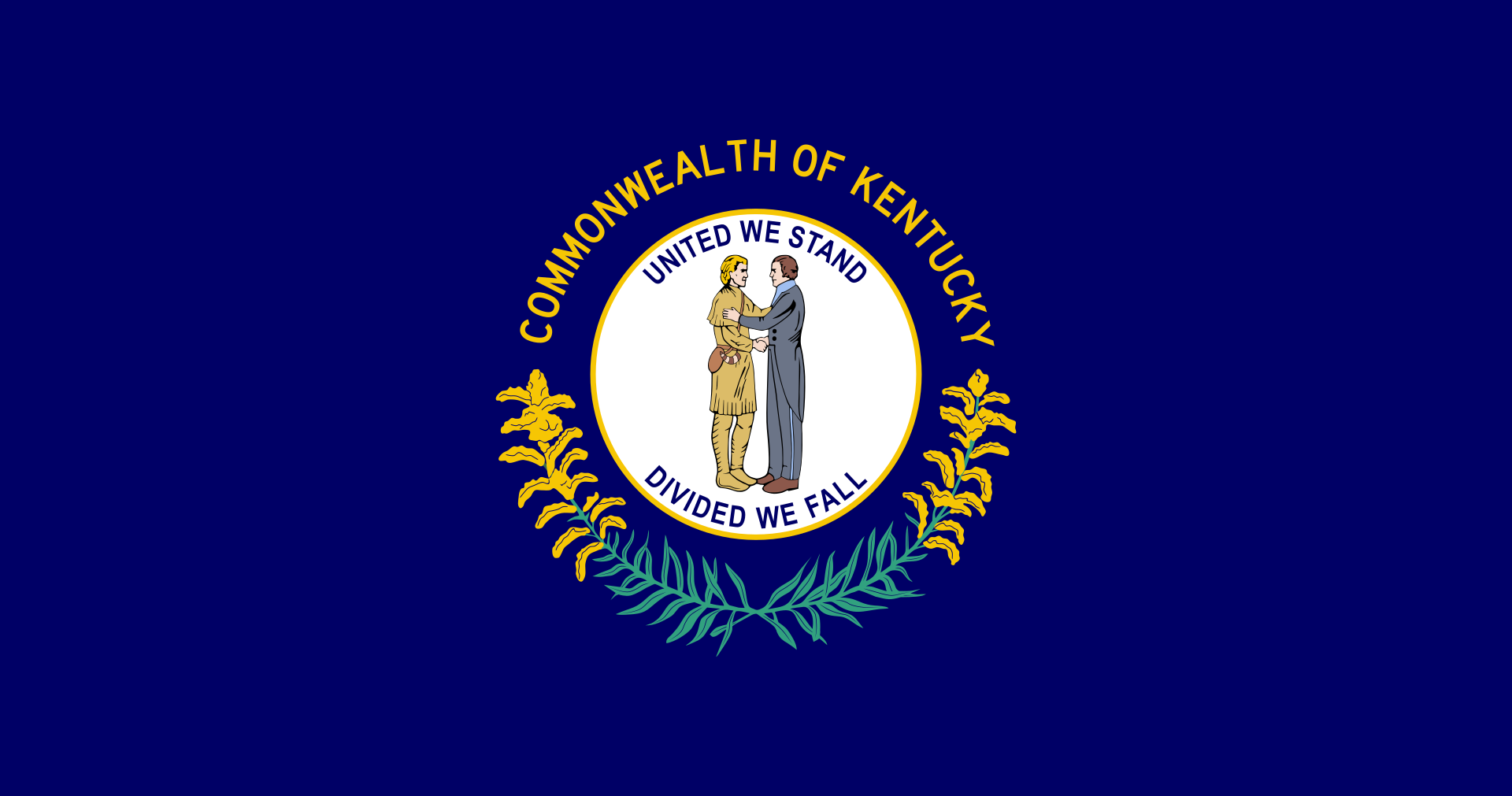 Kentucky-KY
Kentucky-KY

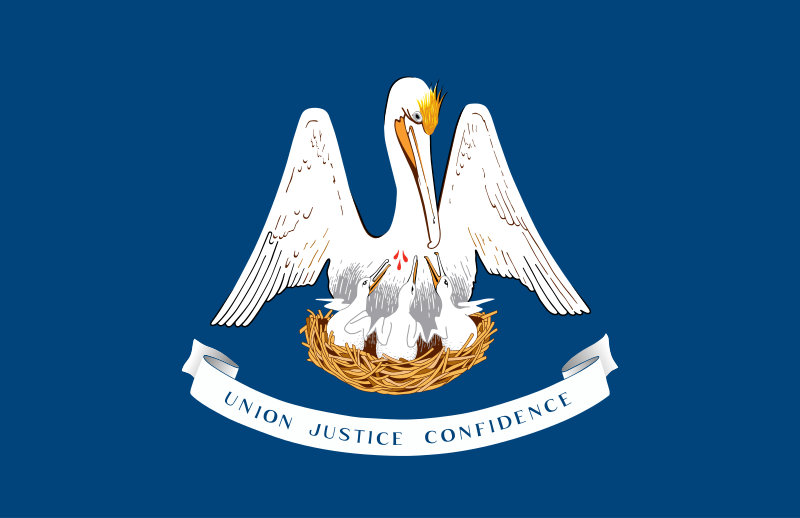 Louisiana-LA
Louisiana-LA

 Maine-ME
Maine-ME

 Maryland-MD
Maryland-MD

 Massachusetts-MA
Massachusetts-MA

 Michigan-MI
Michigan-MI

 Minnesota-MN
Minnesota-MN

 Montana-MT
Montana-MT

 New hampshire-NH
New hampshire-NH

 New jersey-NJ
New jersey-NJ

 New York-NY
New York-NY

 North Carolina-NC
North Carolina-NC

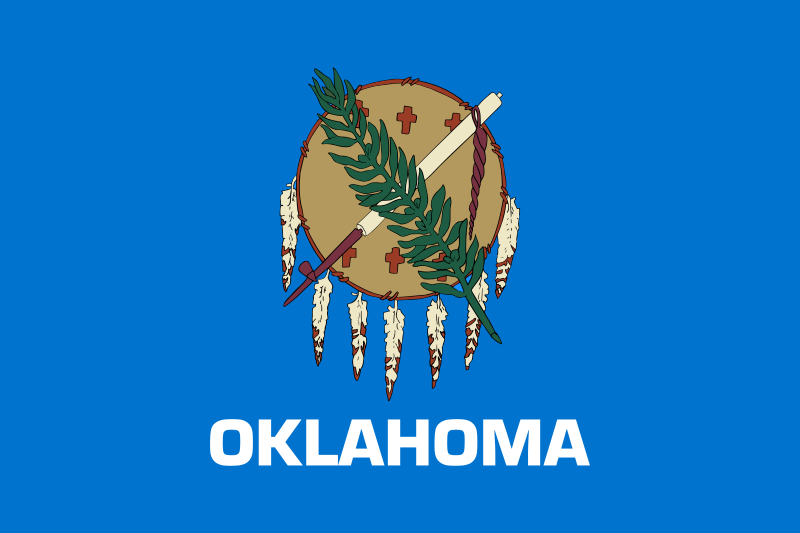 Oklahoma-OK
Oklahoma-OK

 Oregon-OR
Oregon-OR

 Pennsylvania-PA
Pennsylvania-PA

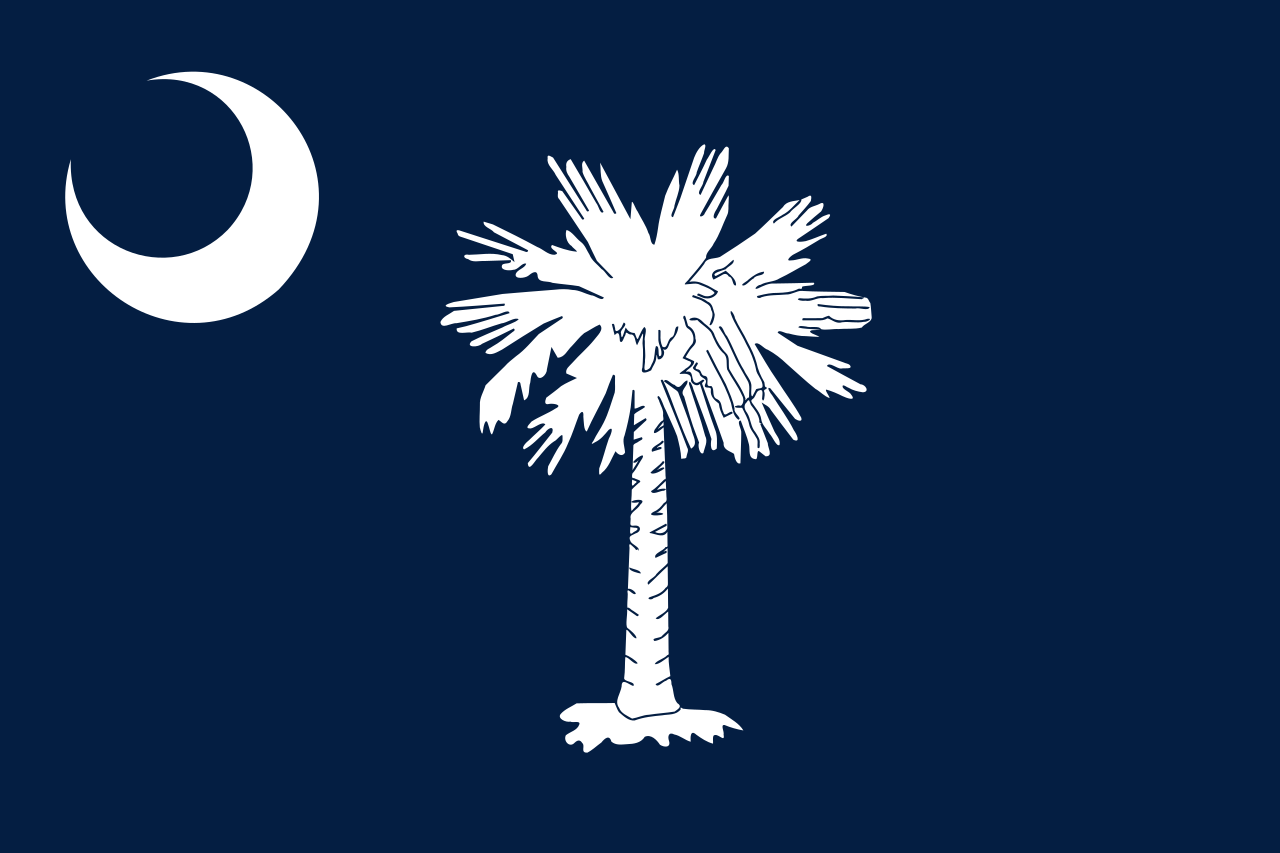 South Carolina-SC
South Carolina-SC

 Texas-TX
Texas-TX
 Vereinigte Staaten
Vereinigte Staaten

 Vermont-VT
Vermont-VT

 Virginia-VA
Virginia-VA

 Washington-WA
Washington-WA

 Wisconsin-WI
Wisconsin-WI

| Last Modified on November 21, 2022 *Capacity noted in (MW) |
| Plant | Location | Feedstock | Capacity |
|---|---|---|---|
| Agrilectric Power Partners Ltd. | LA | Rice hulls | 12.00 |
| Albany Green Energy | GA | Forest residue, urban wood waste, pecan shells, peanut hulls | 50.00 |
| Allendale Biomass | SC | Mill/forestry residue | 20.00 |
| Altavista Power Station | VA | Woody biomass | 51.00 |
| Arnold O. Chantland Incineration Plant | IA | MSW/Refused-derived fuel (RDF) | 4.00 |
| Barron County Waste-to-Energy & Recycling Facility | WI | MSW | 2.00 |
| Bay Front Power Plant | WI | Wood waste | 56.00 |
| Biomass One | OR | Logging/wood debris | 30.00 |
| Bridgewater Power LP | NH | Woody biomass | 20.00 |
| Buckeye Florida Biomass | FL | Wood waste, black liquor | 69.40 |
| Burgess BioPower | NH | Wood waste | 75.00 |
| Burney Forest Power | CA | Wood waste | 31.00 |
| Cadillac Renewable Energy | MI | Forest residue | 40.00 |
| City of Spokane Waste to Energy Facility | WA | MSW | 22.00 |
| Collins Pine Co. Power Plant | CA | Forest thinnings/residue | 12.00 |
| Covanta Alexandria | VA | MSW | 22.00 |
| Covanta Babylon | NY | MSW | 17.00 |
| Covanta Bristol | CT | MSW | 16.00 |
| Covanta Camden | NJ | MSW | 21.00 |
| Covanta Dade | FL | MSW, wood waste | 77.00 |
| Covanta Delaware Valley | PA | MSW | 87.00 |
| Covanta Essex | NJ | MSW | 66.00 |
| Covanta Fairfax | VA | MSW | 93.00 |
| Covanta Harrisburg | PA | MSW | 21.00 |
| Covanta Haverhill | MA | MSW | 45.00 |
| Covanta Hempstead | NY | MSW | 72.00 |
| Covanta Hillsborough | FL | MSW | 47.00 |
| Covanta Honolulu | HI | MSW | 90.00 |
| Covanta Huntington | NY | MSW | 24.00 |
| Covanta Indianapolis | IN | MSW | 6.50 |
| Covanta Kent | MI | MSW | 17.00 |
| Covanta Lake | FL | MSW | 15.00 |
| Covanta Lancaster | PA | MSW | 33.00 |
| Covanta Lee | FL | MSW | 57.00 |
| Covanta Long Beach | CA | MSW | 36.00 |
| Covanta MacArthur | NY | MSW | 12.00 |
| Covanta Marion | OR | MSW | 13.00 |
| Covanta Montgomery | MD | MSW | 63.00 |
| Covanta Niagara | NY | MSW | 50.00 |
| Covanta Onondaga | NY | MSW | 39.00 |
| Covanta Palm Beach Renewable Energy #1 | FL | MSW | 62.00 |
| Covanta Palm Beach Renewable Energy #2 | FL | MSW | 95.00 |
| Covanta Pasco | FL | MSW | 30.00 |
| Covanta Pinellas | FL | MSW | 75.00 |
| Covanta Plymouth | PA | MSW | 32.00 |
| Covanta SECONN | CT | MSW | 17.00 |
| Covanta SEMASS | MA | MSW | 78.00 |
| Covanta Stanislaus | CA | MSW | 22.00 |
| Covanta Tulsa | OK | MSW | 17.00 |
| Covanta Union | NJ | MSW | 42.00 |
| Covanta York | PA | MSW | 42.00 |
| Cox Waste-to-Energy | KY | Wood waste | 5.00 |
| Craven County Wood Energy | NC | Wood chips, forestry residue, mill waste, bark, sawdust, poultry litter | 50.00 |
| Deerhaven Renewable Generating Station | FL | Wood waste | 102.50 |
| Desert View Power | CA | Woody biomass | 45.00 |
| DG Fairhaven Power | CA | Wood waste | 18.00 |
| Dillard Complex Cogeneration Plant | OR | Mill residue | 51.50 |
| Dorchester Biomass | SC | Mill/forestry residue | 20.00 |
| Douglas County Forest Products | OR | Wood residue | 6.00 |
| DTE Stockton Biomass Power | CA | Woody biomass, ag residue | 45.00 |
| Eagle Valley Clean Energy | CO | Forest restoration thinnings/residue | 12.00 |
| Ecomaine Waste-to-Energy Plant | ME | MSW | 14.00 |
| Evergreen Biopower LLC | OR | Mill residue | 10.00 |
| Fernandina Biomass Plant | FL | Mill residuals | 22.50 |
| French Island Generating Station | WI | MSW/RDF, wood waste, railroad ties | 28.00 |
| Genesee Power Station | MI | Landscaping/storm debris, waste wood | 40.00 |
| Grayling Generating Station | MI | Forestry residue, mill waste, bark | 38.00 |
| Green Energy Team LLC | HI | Eucalyptus, albizia | 7.50 |
| GRP-Franklin LLC | GA | C&D waste | 65.00 |
| GRP-Madison LLC | GA | C&D waste | 65.00 |
| Halifax County Biomass Plant | VA | Logging waste, forest slash | 49.90 |
| Hennepin Energy Recovery Center | MN | MSW | 40.00 |
| Hillman Power LLC | MI | Wood waste | 20.00 |
| Honey Lake Power | CA | High-hazard forest material/thinnings | 30.00 |
| Hopewell Power Station | VA | Woody biomass | 51.00 |
| Joseph C McNeil Generating Station | VT | Logging residue, bark, shavings, clean urban wood waste | 50.00 |
| Kapstone Kraft Paper Corp.-Longview | WA | Mill residue, wood waste | 25.00 |
| Kettle Falls Generating Station | WA | Logging/mill residue | 53.00 |
| Koda Energy LLC | MN | Oat/rice hulls, corn, barley and malt screening, urban tree waste | 23.40 |
| L'Anse Warden Electric Company | MI | Wood waste, railroad ties | 20.00 |
| M.L. Hibbard Energy Center | MN | Wood waste | 72.80 |
| Macon Mill | GA | Logging waste | 38.00 |
| McKay Bay Refuse-to-Energy Plant | FL | MSW | 22.00 |
| McKinley Paper Cogeneration Facility | WA | Logging/mill residue | 9.50 |
| Merced Power | CA | Ag waste | 12.50 |
| MMWAC Resource Recovery Facility | ME | MSW | 5.00 |
| Mt. Poso Cogeneration Co. LLC | CA | Wood waste | 44.00 |
| Multitrade Rabun Gap | GA | Woody biomass | 18.00 |
| National Energy-Lincoln | MI | Wood waste | 18.00 |
| National Energy-McBain | MI | Wood waste | 18.00 |
| North Carolina Renewable Power | NC | C&D waste, wood waste, poultry litter | 22.00 |
| North Fork Community Power | CA | High-hazard forest material | 2.00 |
| Novo BioPower LLC | AZ | Wood waste | 27.00 |
| Okeelanta Biomass Cogeneration | FL | Baggasse, natural gas | 74.90 |
| Olmsted Waste-To-Energy Facility | MN | MSW | 9.60 |
| Oswego Energy Recovery Facility | NY | MSW | 4.00 |
| Pacific Ultrapower Chinese Station | CA | Woody biomass | 25.00 |
| Penobscot Energy Recovery | ME | MSW | 25.00 |
| Piedmont Green Power | GA | Urban wood waste, mill and logging residue | 55.00 |
| Plainfield Renewable Energy | CT | C&D/forestry waste | 37.50 |
| Plummer Cogen | ID | Wood waste | 6.20 |
| Potlatch Land & Lumber Power Plant | AR | Bark, sawdust, shavings | 10.00 |
| Rapids Energy Center | MN | Logging/mill residue | 28.60 |
| Red Wing Generating Station | MN | MSW/RDF | 22.00 |
| ReEnergy Black River | NY | Woody biomass | 60.00 |
| ReEnergy Livermore Falls | ME | Forest residue, C&D waste | 39.00 |
| ReEnergy Stratton | ME | Forest/mill residue | 48.00 |
| Resolute Forest Products Coosa Pines | AL | Wood-processing waste | 30.00 |
| Rio Bravo Fresno | CA | Ag/urban wood waste | 24.30 |
| Rio Bravo Rocklin | CA | High-hazard forest material, ag/urban waste | 24.40 |
| RockTenn-Tacoma Mill | WA | Mill residue | 55.00 |
| Roseburg Forest Products Biomass | CA | Wood waste | 13.00 |
| Rothschild Biomass Cogeneration Plant | WI | Urban wood waste, mill residue | 50.00 |
| Savannah River Site Biomass Cogeneration Facility | SC | Forest residue | 20.00 |
| Scotia Cogen | CA | Wood waste | 28.00 |
| SDS Lumber Gorge Energy Division | WA | Logging/mill residue | 10.00 |
| Shasta-Sustainable Resource Management | CA | Wood waste, forest residue | 56.00 |
| Southampton Power Station | VA | Woody biomass | 51.00 |
| Southern Co. Nacogdoches Generating Facility | TX | Forest/wood processing residue | 115.00 |
| SPI-Aberdeen Biomass Power | WA | Logging/mill residue | 18.00 |
| SPI-Anderson Biomass Power | CA | Logging/mill residue | 30.00 |
| SPI-Burlington Biomass Power | WA | Logging/mill residue | 28.00 |
| SPI-Burney | CA | Logging/mill residue | 20.00 |
| SPI-Eugene | OR | Mill, forest residue | 19.80 |
| SPI-Lincoln Biomass Power | CA | Logging/mill residue | 18.00 |
| SPI-Quincy Biomass Power | CA | Mill residue | 35.20 |
| SPI-Sonora Biomass Power | CA | Logging/mill residue | 10.90 |
| St. Paul Cogeneration LLC | MN | Urban wood residue | 33.00 |
| Stoltze Cogeneration Power Plant | MT | Mill residue | 3.00 |
| Stored Solar Bethlehem | NH | Logging residue, forest thinnings | 20.00 |
| Stored Solar Fitchburg | MA | Woody biomass | 17.00 |
| Stored Solar Jonesboro | ME | Woody biomass | 25.00 |
| Stored Solar Ryegate | VT | Woody biomass | 20.00 |
| Stored Solar Springfield | NH | Woody biomass | 19.00 |
| Stored Solar Tamworth | NH | Woody biomass | 20.00 |
| Stored Solar West Enfield | ME | Woody biomass | 25.00 |
| Stored Solar Whitefield | NH | Woody biomass | 15.00 |
| Telogia Power | FL | Logging/mill residue, hog fuel, peanut hulls | 14.00 |
| U.S. Sugar Corp. Cogeneration Plant | FL | Bagasse | 50.00 |
| Virginia City Hybrid Energy Center | VA | *Woody biomass | 120.00 |
| Wadham Energy LP | CA | Rice hulls | 30.00 |
| Westervelt Renewable Energy Moundville | AL | Wood waste | 13.00 |
| WestRock Covington | VA | Logging, papermaking residue | 75.00 |
| Wheelabrator Baltimore | MD | MSW | 64.50 |
| Wheelabrator Bridgeport | CT | MSW | 67.00 |
| Wheelabrator Concord | NH | MSW | 14.00 |
| Wheelabrator Dutchess County | NY | MSW | 9.00 |
| Wheelabrator Falls | PA | MSW | 53.00 |
| Wheelabrator Gloucester | NJ | MSW | 14.00 |
| Wheelabrator Hudson Falls | NY | MSW | 14.00 |
| Wheelabrator Lisbon | CT | MSW | 15.00 |
| Wheelabrator Millbury | MA | MSW | 48.00 |
| Wheelabrator North Andover | MA | MSW | 40.00 |
| Wheelabrator Portsmouth | VA | MSW | 60.00 |
| Wheelabrator Saugus | MA | MSW | 54.00 |
| Wheelabrator South Broward | FL | MSW | 66.00 |
| Wheelabrator Westchester LP | NY | MSW | 60.00 |
| Wilmarth Generating Station | MN | MSW/RDF, woody biomass | 18.00 |
| Woodland Biomass Power | CA | Wood chips, urban wood waste, ag waste | 25.00 |
| Total Plants: 159 | Total capacity(MW): | 5,583.90 |
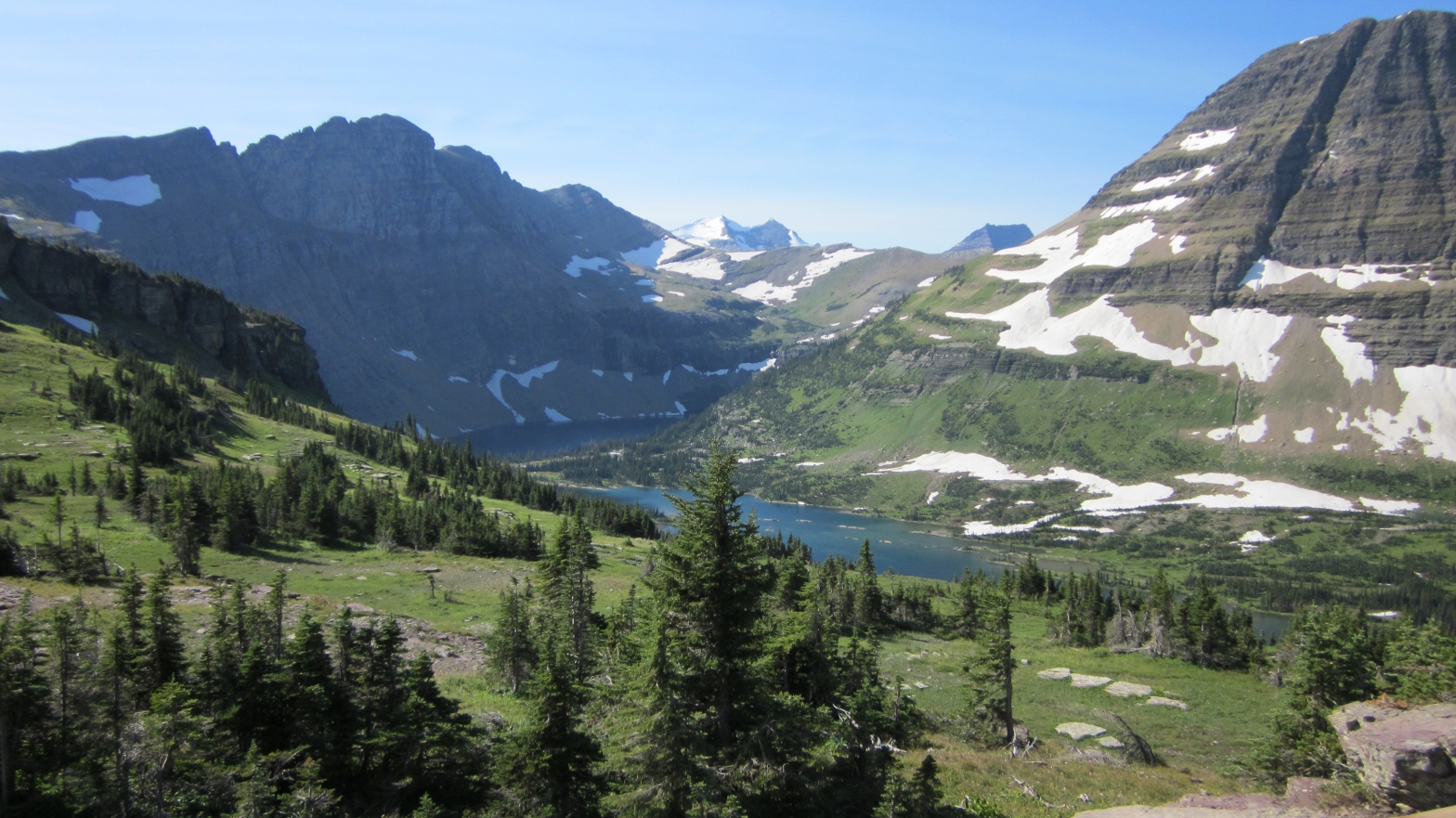

 Alaska-AK
Alaska-AK

 Arizona-AZ
Arizona-AZ

 California-CA
California-CA

 Colorado-CO
Colorado-CO

 Geographie
Geographie

 Hawaii-HI
Hawaii-HI

 Idaho-ID
Idaho-ID

 Montana-MT
Montana-MT

 Nevada-NV
Nevada-NV

 New mexico-NM
New mexico-NM

 Oregon-OR
Oregon-OR

 Utah-UT
Utah-UT

 Washington-WA
Washington-WA

 Wyoming-WY
Wyoming-WY
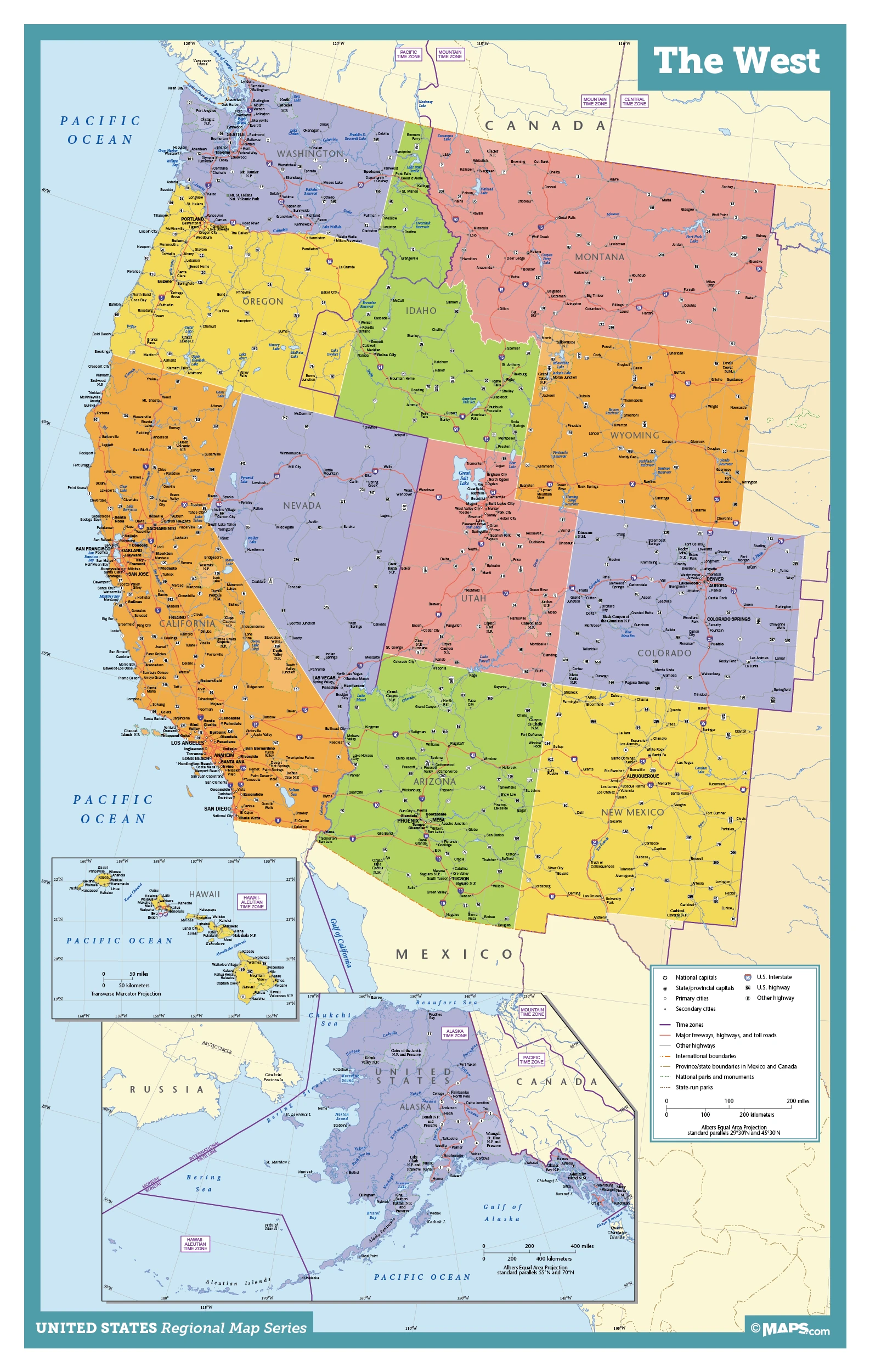
美国西部(英语:Western United States、 American West)指的是美国西部各州。由于美国自建国以来疆域多次向西扩展,因此美国西部的定义也随着时代而变化。一般多以密西西比河作为美国东西部的分界线。如果采用广义的定义,美国西部占去了美国一半以上的领土。美国西部包括了自路易斯安那购地中获得的土地、1818年自英国获得的土地、得克萨斯州加入美国时的土地、1846年自英国获得的土地、1848年墨西哥割让予美国的土地及盖兹登购地中获得的土地。
美国西部本身又可再细分为不同的地域。亚利桑那州、科罗拉多州、加利福尼亚州、新墨西哥州、内华达州、俄克拉荷马州、得克萨斯州及犹他州又被视为美国西南部。而蒙大拿州、怀俄明州、爱达荷州、俄勒冈州和华盛顿州则是美国西北部。
此外,华盛顿州、俄勒冈州和加利福尼亚州三州位于太平洋沿岸,又称为美国西岸。
Der Westen der Vereinigten Staaten (auch als American West, Far West und The West bezeichnet) ist die Region, die die westlichsten Staaten der Vereinigten Staaten umfasst.
Die Definition des United States Census Bureaus für die 13 westlichsten Bundesstaaten umfasst die Rocky Mountains und das Great Basin an der Pazifikküste sowie den Bundesstaat Hawaii im mittleren Pazifik. Im Osten des Westens der Vereinigten Staaten befinden sich der Mittlere Westen der Vereinigten Staaten mit Kanada im Norden und der Süden der Vereinigten Staaten und Mexiko im Süden.
Der so genannte „Wilde Westen“ umfasst hingegen die gesamte historische Region westlich des Mississippi.
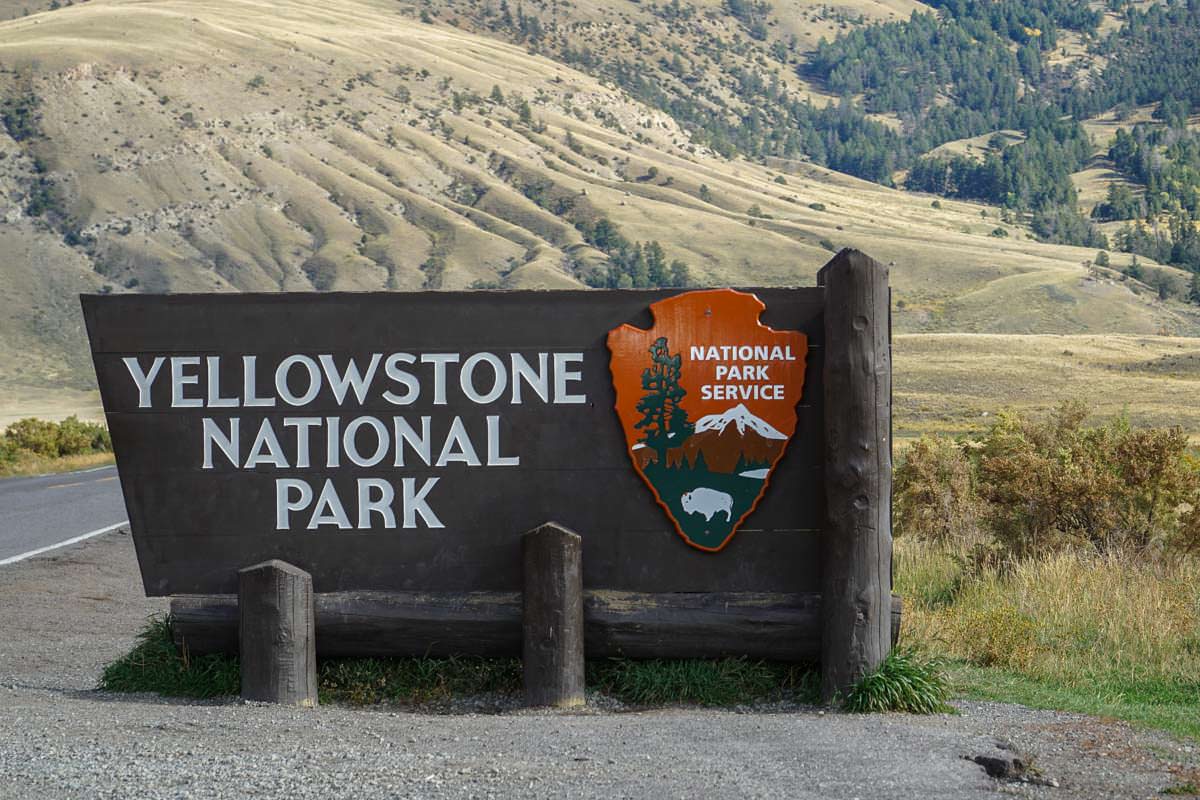
黄石国家公园(简称黄石公园,英语:Yellowstone National Park)是美国第一个国家公园。主要位于怀俄明州,部分位于蒙大拿州和爱达荷州,于1872年3月1日美国总统尤利西斯·辛普森·格兰特签署国会通过的法案后建立[4][5],是世界上第一个国家公园[6]。黄石公园以其丰富的野生动物种类和地热资源闻名,老忠实间歇泉更是其中最富盛名的景点之一[7]。公园中有着多种类型的生态系统,其中以亚高山带森林为主。
美洲原住民已经在黄石公园地区生活了至少1万1千年[8],19世纪早期的刘易斯与克拉克远征也绕过了这一区域。对该地区的有组织的勘探活动直到1860年代末才开始出现,此前只有一些选择在野外捕猎和居住的山地人在19世纪早期到中叶曾偶尔进入。美国陆军在公园刚刚建立后就受委托对其进行监管。1917年后,公园的管理工作移交给了之前一年刚刚成立的美国国家公园管理局。园中有数以百计因其建筑学和历史学意义而保护起来的建筑物,研究人员已经发现了超过1000个考古遗迹。
黄石国家公园占地面积约为8983平方千米[1],其中包括湖泊、峡谷、河流和山脉[7]。公园内最大的湖泊是位于黄石火山中心的黄石湖,是整个北美地区最大的高海拔湖泊之一。黄石火山是北美最大且仍处于活跃状态的超级火山,在过去两百万年中它曾数次以巨大的力量爆发[9]。喷出的熔岩和火山灰也覆盖了公园内的绝大部分地区。得益于其持续的活跃状态,世界上的地热资源有半数位于黄石公园地区[10]。黄石公园也是大黄石生态系统的核心所在,这是北温带地区现存最大且仍然近乎完好的自然生态系统[11]。
公园内有记录的哺乳动物、 鸟类、鱼类和爬行动物有数百种之多,其中包括多种濒危或受威胁物种[7],广袤的森林和草原中同样存有多种独特的植物。黄石公园是美国本土最大和最著名的巨型动物居住地。公园中有灰熊、狼、美洲野牛和加拿大马鹿的栖息地。黄石公园野牛群是美国最古老也最大的野牛群。公园内每年都会发生山火,其中最大的一次是1988年黄石公园大火,公园内近三分之一的面积被烧毁。黄石公园也是休闲娱乐的好去处,园内可进行远足、露营、划船、钓鱼、度假和观光等活动。沿着园内铺设的道路可以就近接触到主要的地热区域以及一些湖泊和瀑布。冬天,游客们则往往会在导游指引下乘坐雪上摩托车等冰上交通工具来造访公园。
イエローストーン国立公園(イエローストーンこくりつこうえん、Yellowstone National Park)はアイダホ州、モンタナ州、及びワイオミング州に位置するアメリカ合衆国の国立公園である。1872年に世界初の国立公園に指定されており [1]、ワイオミング州北西部を中心として3,470平方マイル(8,980㎢)にわたる。この国立公園には様々な間欠泉や温泉、地熱による観光スポットが散在していることで有名であるが、グリズリーやオオカミ、アメリカバイソン(バッファロー)やワピチ(エルク)の群れが生息していることでも知られる。ここは地上に残された数少ない手付かずの巨大温帯生態系の一つであるイエローストーン圏生態系 (Greater Yellowstone Ecosystem) の中心になっている。アメリカで最も人気のある国立公園で、2015年には410万人の観光客が訪れた。
Yellowstone National Park is an American national park located in Wyoming, Montana, and Idaho. It was established by the U.S. Congress and signed into law by President Ulysses S. Grant on March 1, 1872.[5][6] Yellowstone was the first national park in the U.S. and is also widely held to be the first national park in the world.[7] The park is known for its wildlife and its many geothermal features, especially Old Faithful geyser, one of its most popular features.[8] It has many types of ecosystems, but the subalpine forest is the most abundant. It is part of the South Central Rockies forests ecoregion.
Native Americans have lived in the Yellowstone region for at least 11,000 years.[9] Aside from visits by mountain men during the early-to-mid-19th century, organized exploration did not begin until the late 1860s. Management and control of the park originally fell under the jurisdiction of the Secretary of the Interior, the first being Columbus Delano. However, the U.S. Army was subsequently commissioned to oversee management of Yellowstone for a 30-year period between 1886 and 1916.[10] In 1917, administration of the park was transferred to the National Park Service, which had been created the previous year. Hundreds of structures have been built and are protected for their architectural and historical significance, and researchers have examined more than a thousand archaeological sites.
Yellowstone National Park spans an area of 3,468.4 square miles (8,983 km2),[2] comprising lakes, canyons, rivers and mountain ranges.[8] Yellowstone Lake is one of the largest high-elevation lakes in North America and is centered over the Yellowstone Caldera, the largest supervolcano on the continent. The caldera is considered an active volcano. It has erupted with tremendous force several times in the last two million years.[11] Half of the world's geysers[12][13] and hydrothermal features[14] are in Yellowstone, fueled by this ongoing volcanism. Lava flows and rocks from volcanic eruptions cover most of the land area of Yellowstone. The park is the centerpiece of the Greater Yellowstone Ecosystem, the largest remaining nearly-intact ecosystem in the Earth's northern temperate zone.[15] In 1978, Yellowstone was named a UNESCO World Heritage Site.
Hundreds of species of mammals, birds, fish, and reptiles have been documented, including several that are either endangered or threatened.[8] The vast forests and grasslands also include unique species of plants. Yellowstone Park is the largest and most famous megafauna location in the contiguous United States. Grizzly bears, wolves, and free-ranging herds of bison and elk live in this park. The Yellowstone Park bison herd is the oldest and largest public bison herd in the United States. Forest fires occur in the park each year; in the large forest fires of 1988, nearly one third of the park was burnt. Yellowstone has numerous recreational opportunities, including hiking, camping, boating, fishing and sightseeing. Paved roads provide close access to the major geothermal areas as well as some of the lakes and waterfalls. During the winter, visitors often access the park by way of guided tours that use either snow coaches or snowmobiles.
Le parc national de Yellowstone (en anglais : Yellowstone National Park) est un parc national des États-Unis, ainsi qu'un site du patrimoine mondial protégé par l'UNESCO, couvrant trois États au nord-ouest du Wyoming, au sud-est de l'Idaho (en bordure de la forêt nationale de Caribou-Targhee) et au sud-ouest du Montana (adjacent à la forêt nationale de Gallatin). Créé le 1er mars 1872 par le président Ulysses S. Grant, Yellowstone est le plus ancien parc national du monde2. Il s'étend sur 8 983 km2 (898 300 hectares), soit une superficie plus importante que celle de la Corse.
Il constitue le deuxième plus grand parc naturel des États-Unis hormis ceux localisés en Alaska. La caldeira de Yellowstone est célèbre pour ses phénomènes géothermiques ; il contient deux tiers des geysers de la planète et de nombreuses sources chaudes3. L'une des figures emblématiques du parc est le geyser « Old Faithful ». Le parc abrite aussi de nombreux grands mammifères comme des ours noirs, des grizzlys, des coyotes, des loups, des orignaux, des cerfs ou encore des troupeaux sauvages de bisons et de wapitis. Il constitue le cœur d'un vaste habitat naturel préservé, l'un des derniers écosystèmes relativement intacts des zones tempérées. Parmi les différents écosystèmes du parc, la forêt subalpine domine. Il est inscrit sur la liste des réserves de biosphère de l'UNESCO en 19764 et au Patrimoine mondial depuis 19785. Il reçoit chaque année la visite d'environ trois millions de personnes6, ce qui en fait l'un des parcs nationaux américains les plus fréquentés.
Il Parco nazionale di Yellowstone (Yellowstone National Park) si trova negli Stati Uniti d'America e più precisamente nell'estremo settore nord-occidentale dello Stato del Wyoming e sconfina, per un piccolo tratto, negli Stati del Montana (a Nord) e dell'Idaho (a Ovest)[1], occupando un'ampia zona delle Montagne Rocciose[2].
Il nome Yellowstone (pietra gialla) deriva dai fenomeni vulcanici attivi e la pietra gialla probabilmente deriva dallo zolfo presente in zona.
È il nucleo centrale del Greater Yellowstone Ecosystem, uno dei più grandi ecosistemi intatti della zona temperata rimasto sulla Terra, oltre ad essere il più antico Parco nazionale del mondo (fondato nel 1872 durante la presidenza di Ulysses S. Grant) e la più grande area protetta statunitense e, dal 1978, dichiarato Patrimonio dell'umanità dall'Unesco.
Nel 2015, il Parco è stato visitato da più di 4.000.000 di persone[3].
El parque nacional de Yellowstone (en inglés: Yellowstone National Park) fue creado por el Congreso de los Estados Unidos y convertido en ley por el entonces presidente Ulysses S. Grant el 1 de marzo de 1872,23 es un parque nacional ubicado en los Estados Unidos, principalmente en el estado de Wyoming, aunque se extiende por Montana e Idaho. Yellowstone, el primer parque nacional de los Estados Unidos, también se considera ampliamente el parque nacional más antiguo del mundo.4 Se encuentra encima de la caldera del mayor volcán de América, muy vivo pero sin erupción desde hace 640 000 años. Consecuencia son sus numerosos fenómenos geotérmicos, especialmente el géiser Old Faithful, una de sus atracciones más populares.5 Es famoso también por su diversidad en fauna, beneficiada por la prohibición de caza durante los últimos 150 años. A pesar de que posee múltiples ecosistemas, domina el bosque subalpino.
Los nativos americanos vivieron en la región de Yellowstone al menos durante 11 000 años.6 La expedición de Lewis y Clark, a principios del siglo XIX, circunvaló la región. Aparte de las visitas de los mountain men a mediados del siglo XIX, las exploraciones organizadas no comenzaron hasta la década de 1860. La armada de los Estados Unidos fue comisionada para supervisar el parque desde su establecimiento. En 1917, la administración del parque se transfirió al Servicio de Parques Nacionales, creado el año anterior. Desde entonces, se han construido y protegido cientos de estructuras, tanto por su importancia arquitectónica como histórica. Los investigadores estiman que hay más de 1000 sitios arqueológicos.
El parque nacional de Yellowstone se extiende en un área de 8983 km².7 Comprende lagos, cañones, ríos y cadenas montañosas.5 El lago Yellowstone es el lago de montaña más grande de América del Norte y su mitad meridional se encuentra la Caldera Yellowstone, el supervolcán más grande del continente, considerado un volcán activo. Se tienen datos de que al menos en los últimos millones de años ha entrado en erupción con una fuerza tremenda en varias ocasiones.8 Al menos la mitad de las atracciones geotermales del mundo se localizan en Yellowstone, provocadas por su fuerte y consistente actividad volcánica.9 Los flujos de lava y rocas emanados por las erupciones volcánicas cubren la mayor parte del área de Yellowstone. El parque es el centro del Gran Ecosistema de Yellowstone, el más grande ecosistema restante y casi intacto en la zona norte de la Tierra.10
Se han documentado cientos de especies de mamíferos, aves, peces y reptiles, incluyendo muchos en peligro o amenaza de extinción.5 Los vastos bosques y pastizales también incluyen especies únicas de plantas. El parque Yellowstone es el lugar más extenso con la megafauna más famosa en los Estados Unidos continentales. Osos grizzly, lobos, manadas de bisontes y alces pastan libremente y viven en el parque. El rebaño de bisontes del Yellowstone Park es el rebaño de bisontes más grande y antiguo abierto al público en los Estados Unidos.
A pesar de medidas de protección, los incendios forestales ocurren en el parque casi todos los años, tal y como el incendio de Yellowstone de 1988, donde casi un tercio del parque se quemó. Yellowstone tiene numerosas actividades recreacionales, que incluyen alpinismo, acampadas, paseos en bote, pesca y avistamientos de su fauna. Los caminos pavimentados proveen acceso cercano a las áreas de mayor actividad geotérmica, así como a algunos de los lagos y cataratas. Durante el invierno, a menudo los visitantes acceden al parque con paseos guiados en los que se usan vehículos para la nieve o motonieve.
Йе́ллоустонский национа́льный парк[3][4][5][6], Йе́ллоустон (англ. Yellowstone National Park) — международный биосферный заповедник, объект Всемирного Наследия ЮНЕСКО, первый в мире национальный парк (основан 1 марта 1872 года). Находится в США, на территории штатов Вайоминг, Монтана и Айдахо. Парк знаменит многочисленными гейзерами и другими геотермическими объектами, богатой живой природой, живописными ландшафтами. Площадь парка — 898,3 тыс. га.
Согласно археологическим данным люди начали жить на территории, занимаемой парком, 11 000 лет назад. Современные исследователи впервые появились в регионе в 1805 году (участники экспедиции Льюиса и Кларка), но до 1860-х годов здесь не проводилось никакой хозяйственной или научной деятельности. В первые годы после возникновения парка он находился под управлением армии США, а в 1917 году управление было передано созданной за два года до этого Службе национальных парков.
На огромной территории парка находятся озёра, реки, каньоны и пещеры. Озеро Йеллоустон, одно из самых больших высокогорных озёр в Северной Америке, расположено в центре Йеллоустоунской кальдеры, самого большого супервулкана на континенте. Кальдера считается дремлющим супервулканом; он извергался с огромной силой несколько раз за последние два миллиона лет. Большая часть территории парка покрыта застывшей лавой; в парке находится одно из пяти существующих в мире гейзерных полей.
В парке растёт около двух тысяч видов растений, встречаются несколько сотен видов млекопитающих, птиц, пресмыкающихся и рыб, в том числе находящихся под угрозой уничтожения. Большая часть территории покрыта лесом, меньшая — степью. Каждый год случаются лесные пожары; около трети всех лесов выгорело в результате катастрофических пожаров 1988 года. В парке проложено несколько сот километров асфальтовых дорог, по которым осуществляется доступ посетителей. Имеются многочисленные возможности для активного отдыха.
 Architektur
Architektur
 Skiurlaub
Skiurlaub
 Universitäten in den USA
Universitäten in den USA
 Transport und Verkehr
Transport und Verkehr
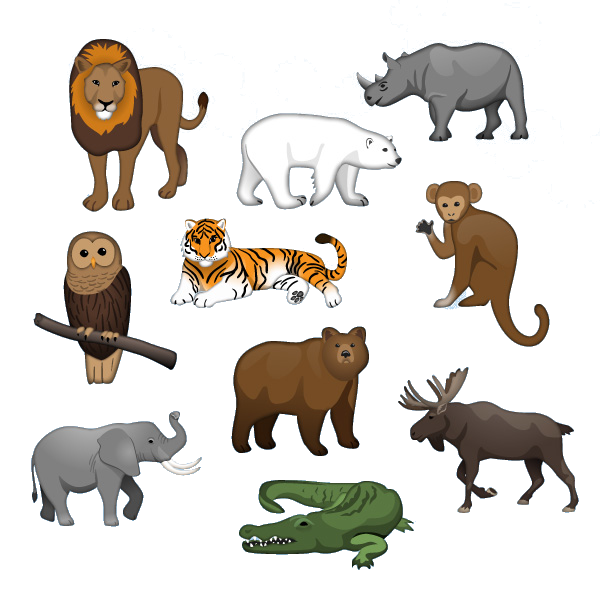 Tierwelt
Tierwelt